List of agnostics on:
[Wikipedia]
[Google]
[Amazon]
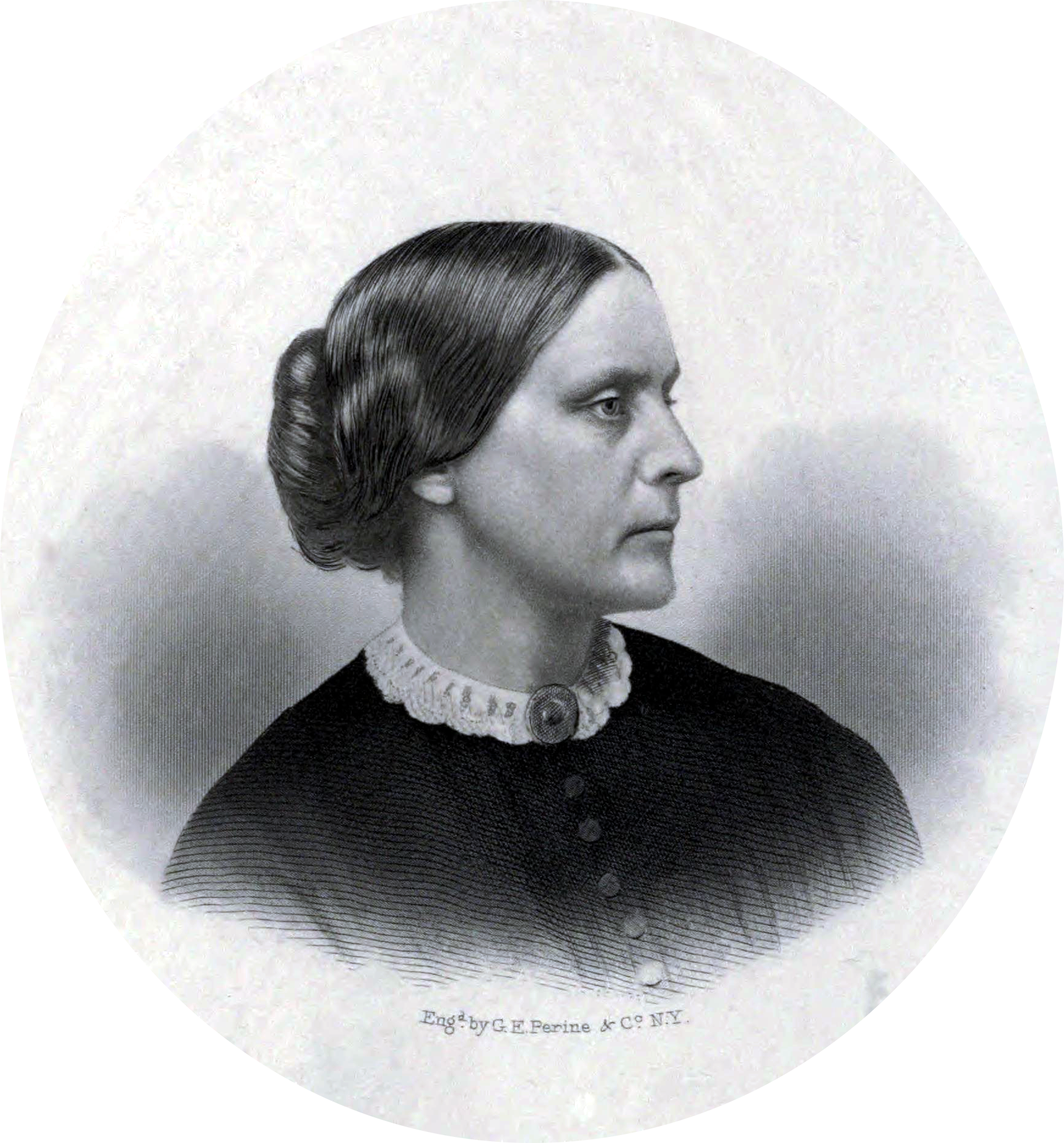
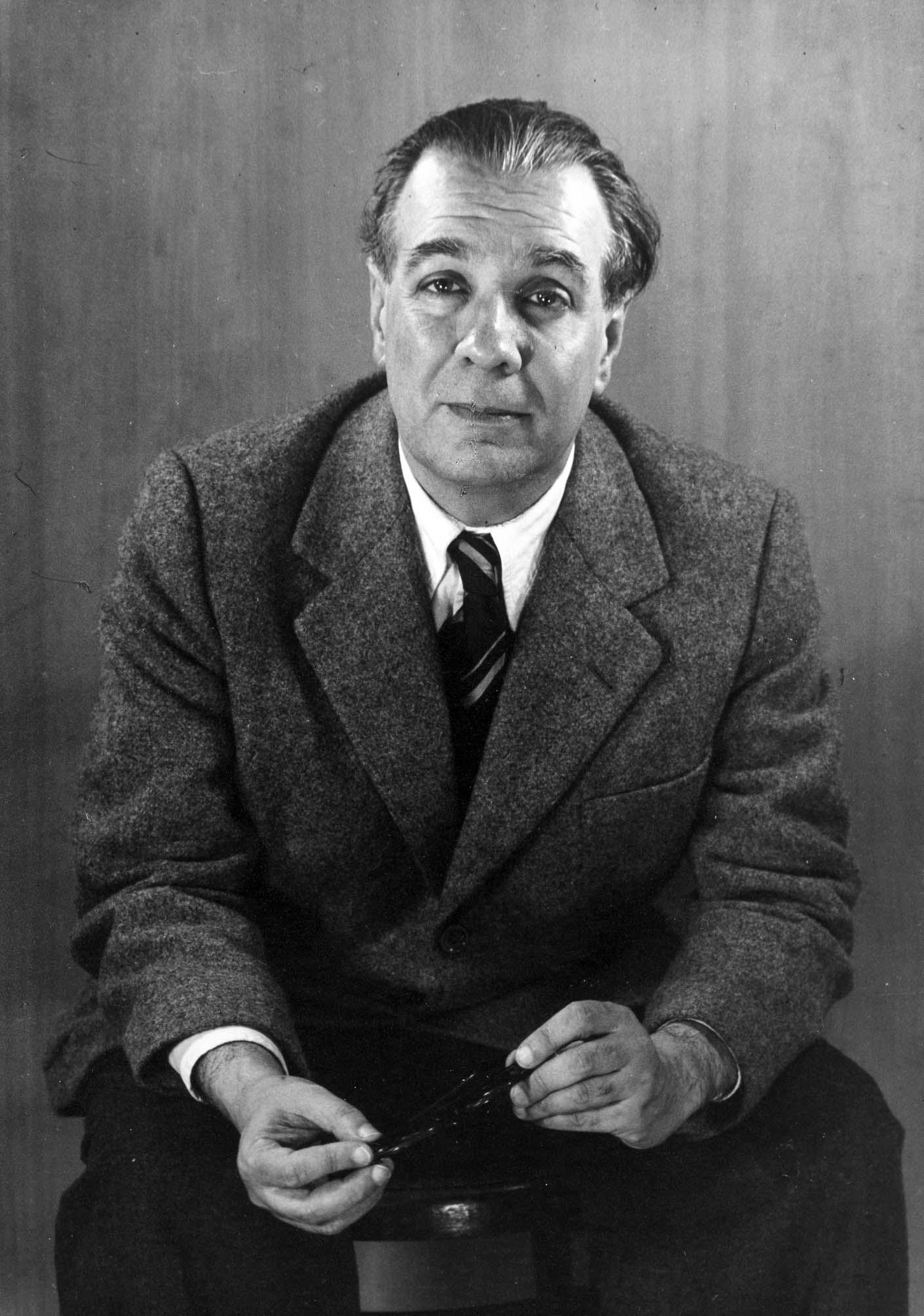
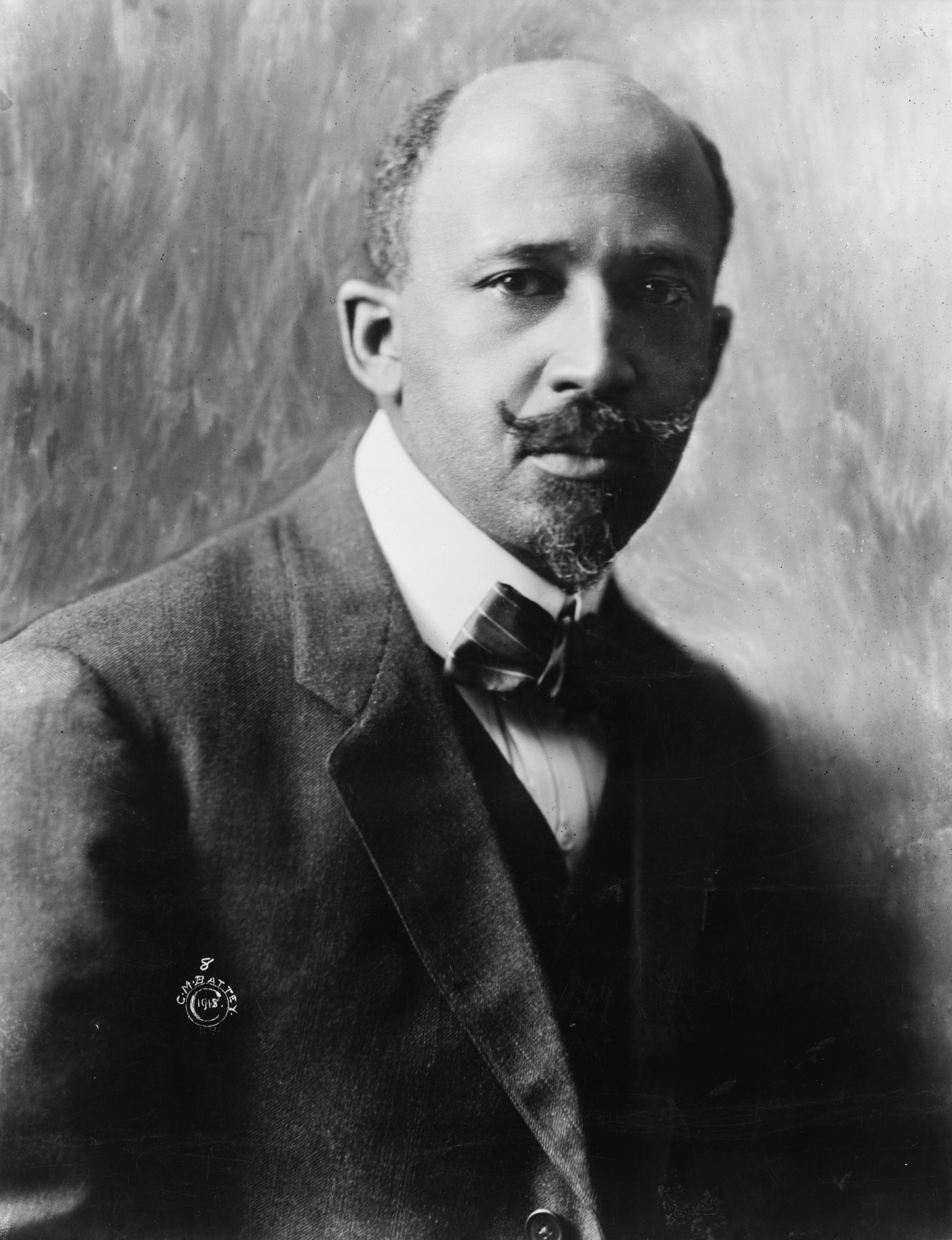



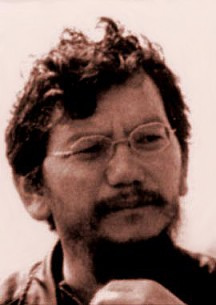
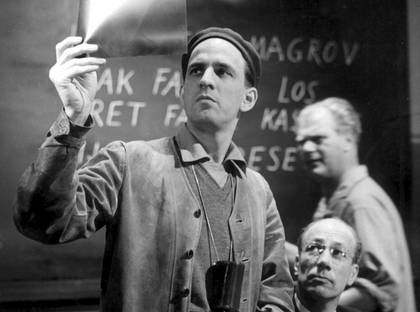





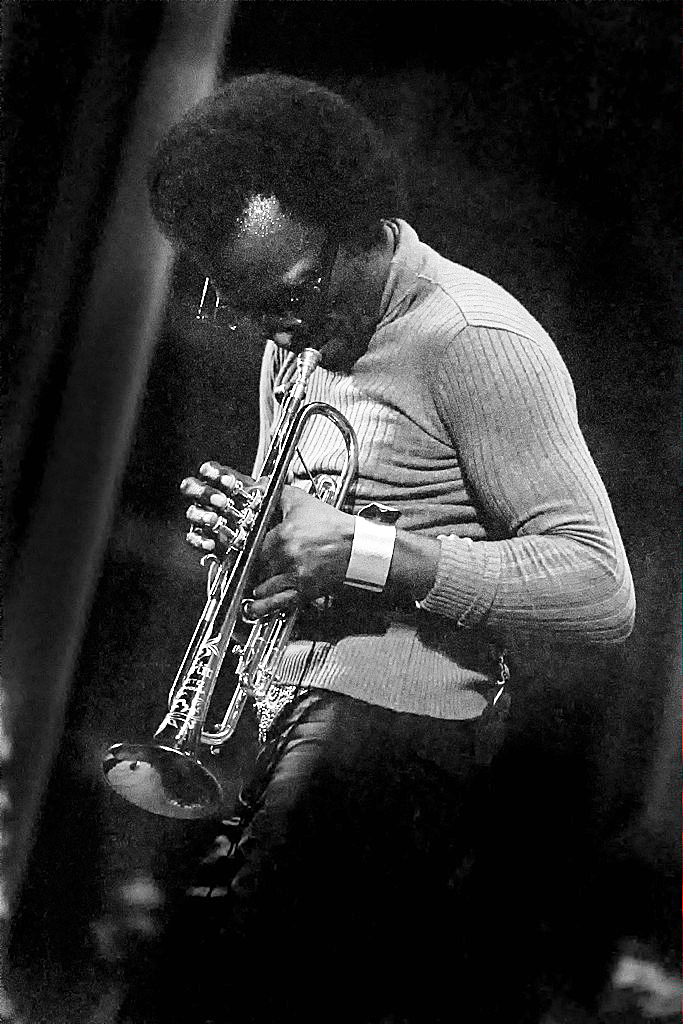

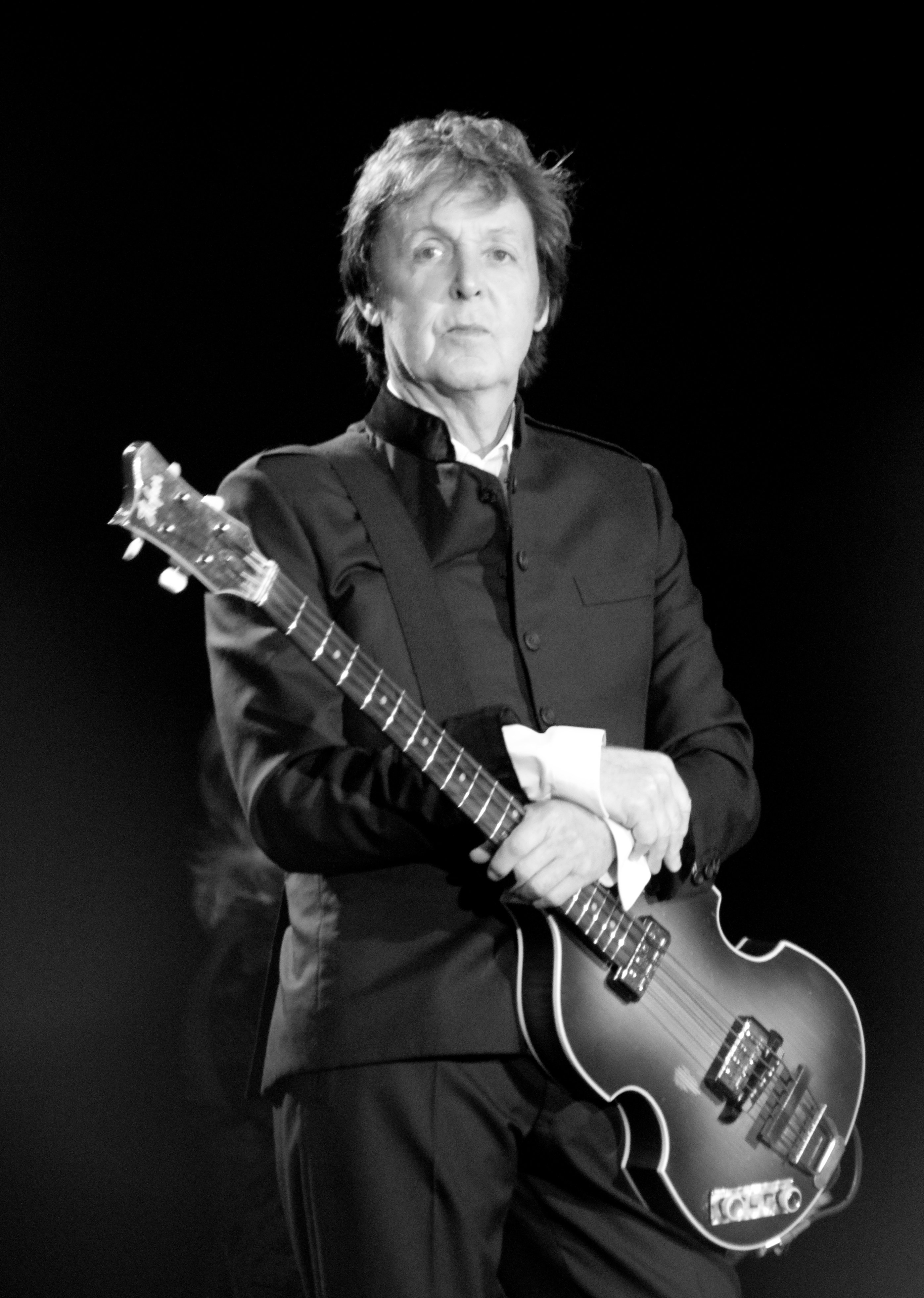
 Listed here are persons who have identified themselves as theologically agnostic. Also included are individuals who have expressed the view that the
Listed here are persons who have identified themselves as theologically agnostic. Also included are individuals who have expressed the view that the



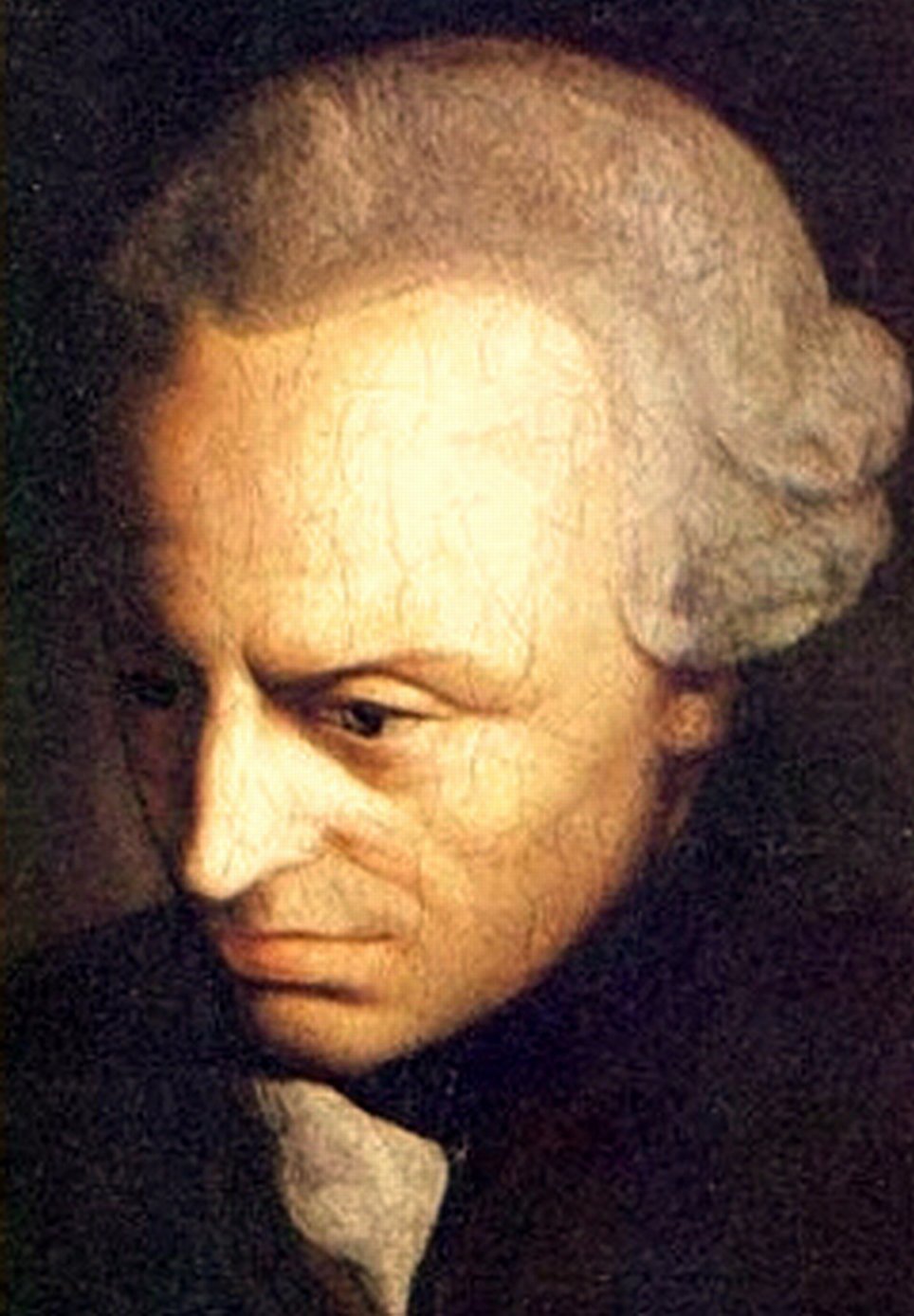



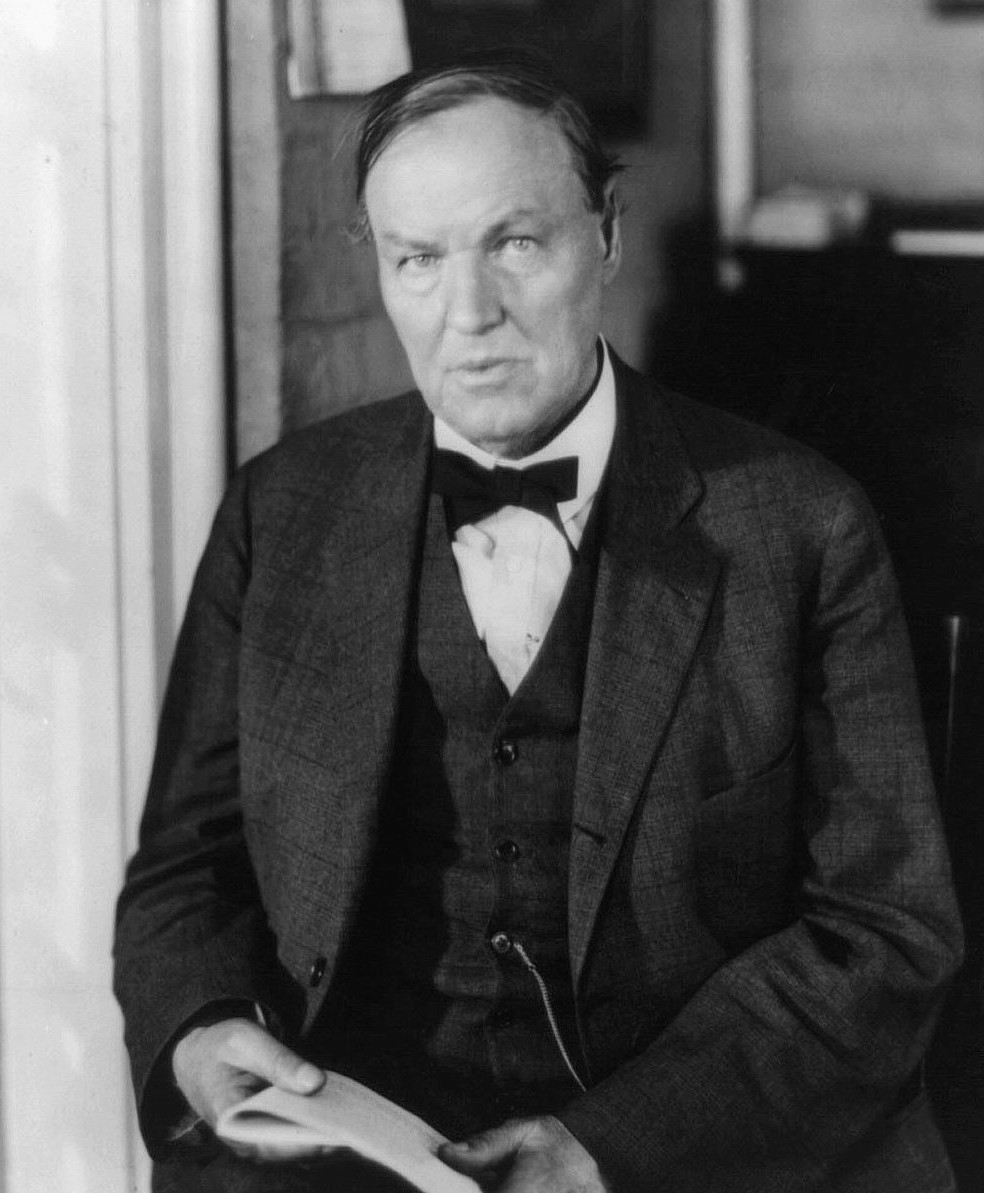
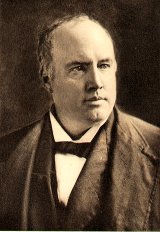


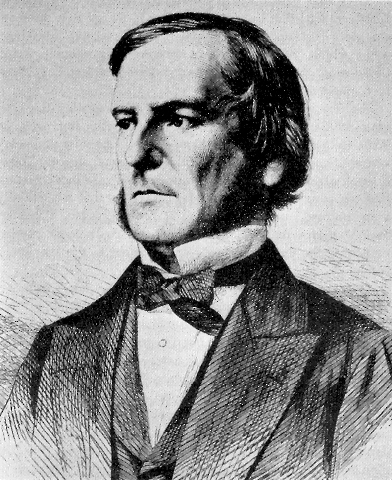


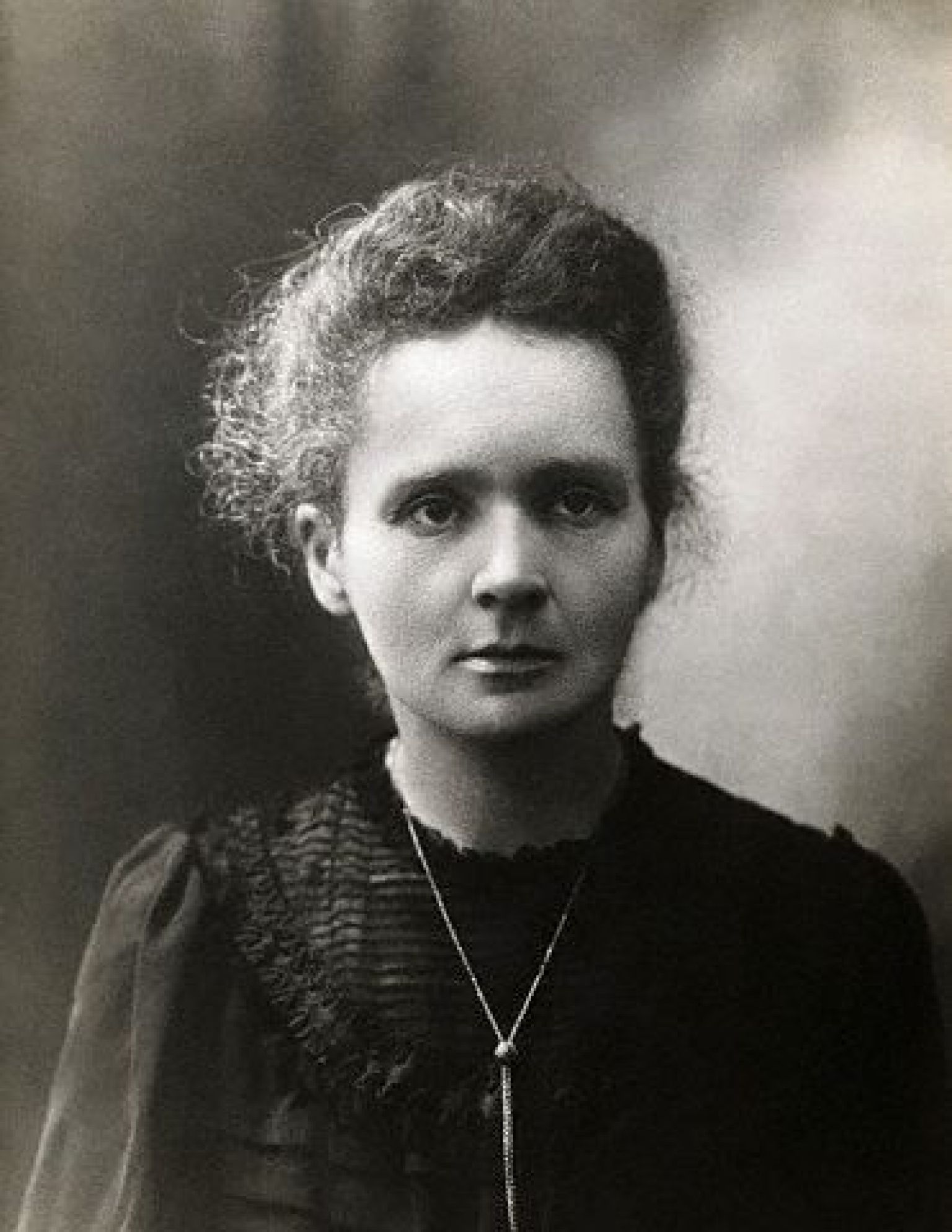
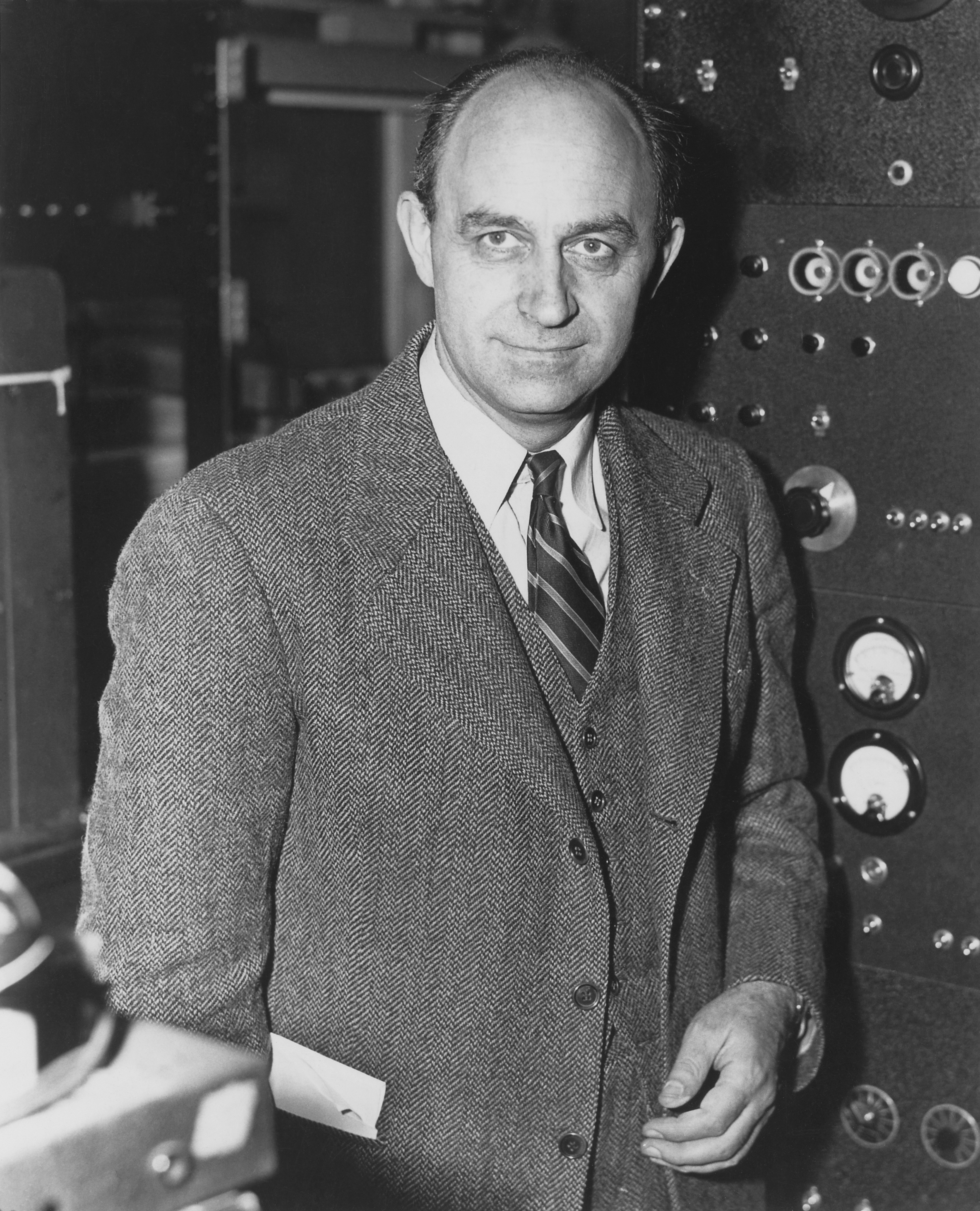

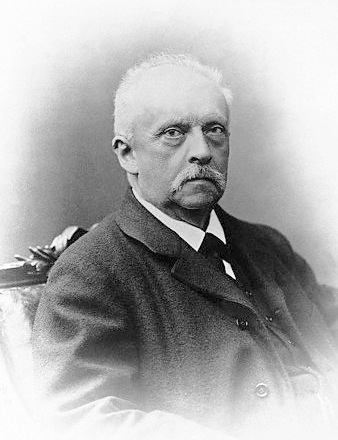

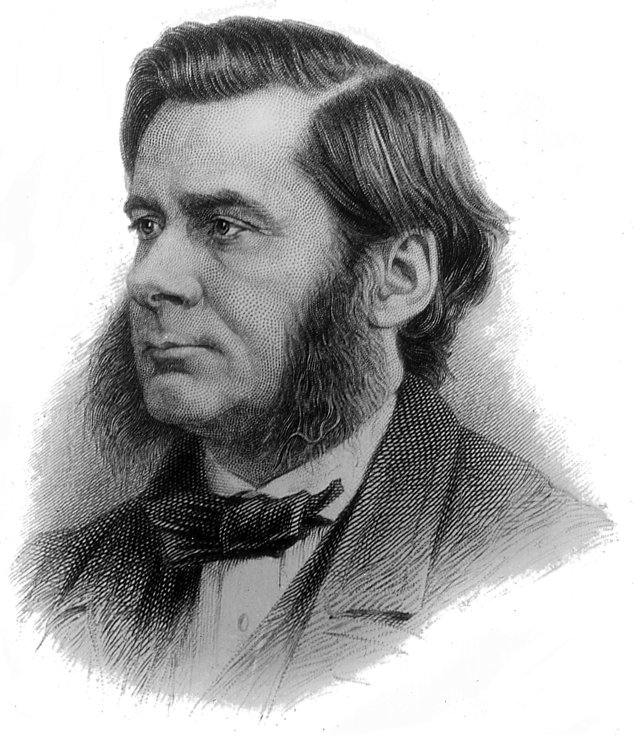
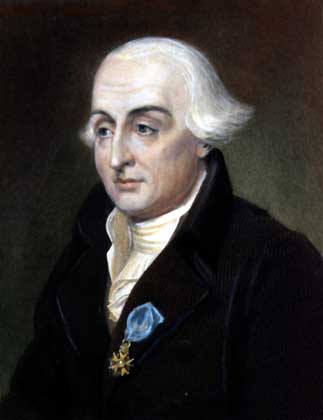

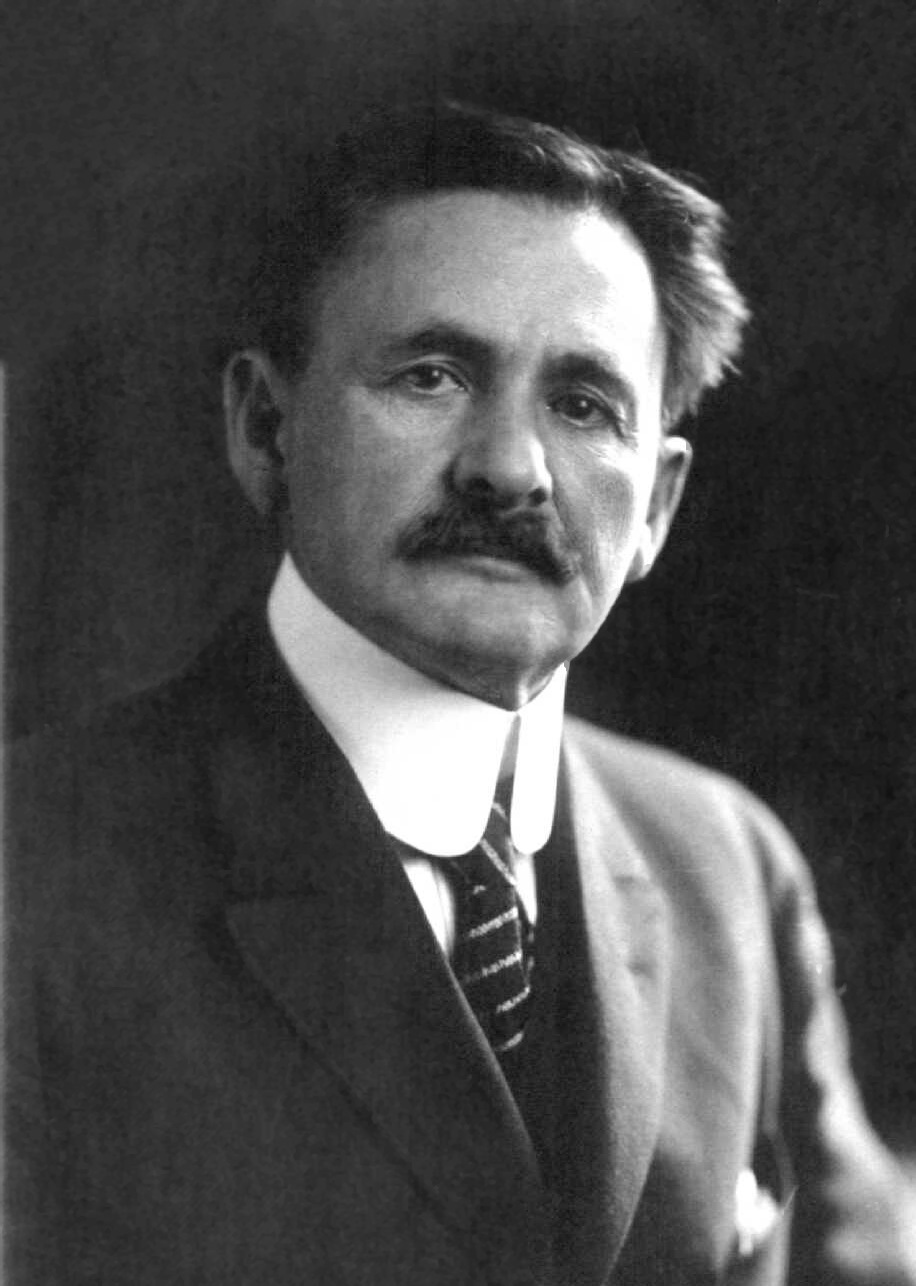
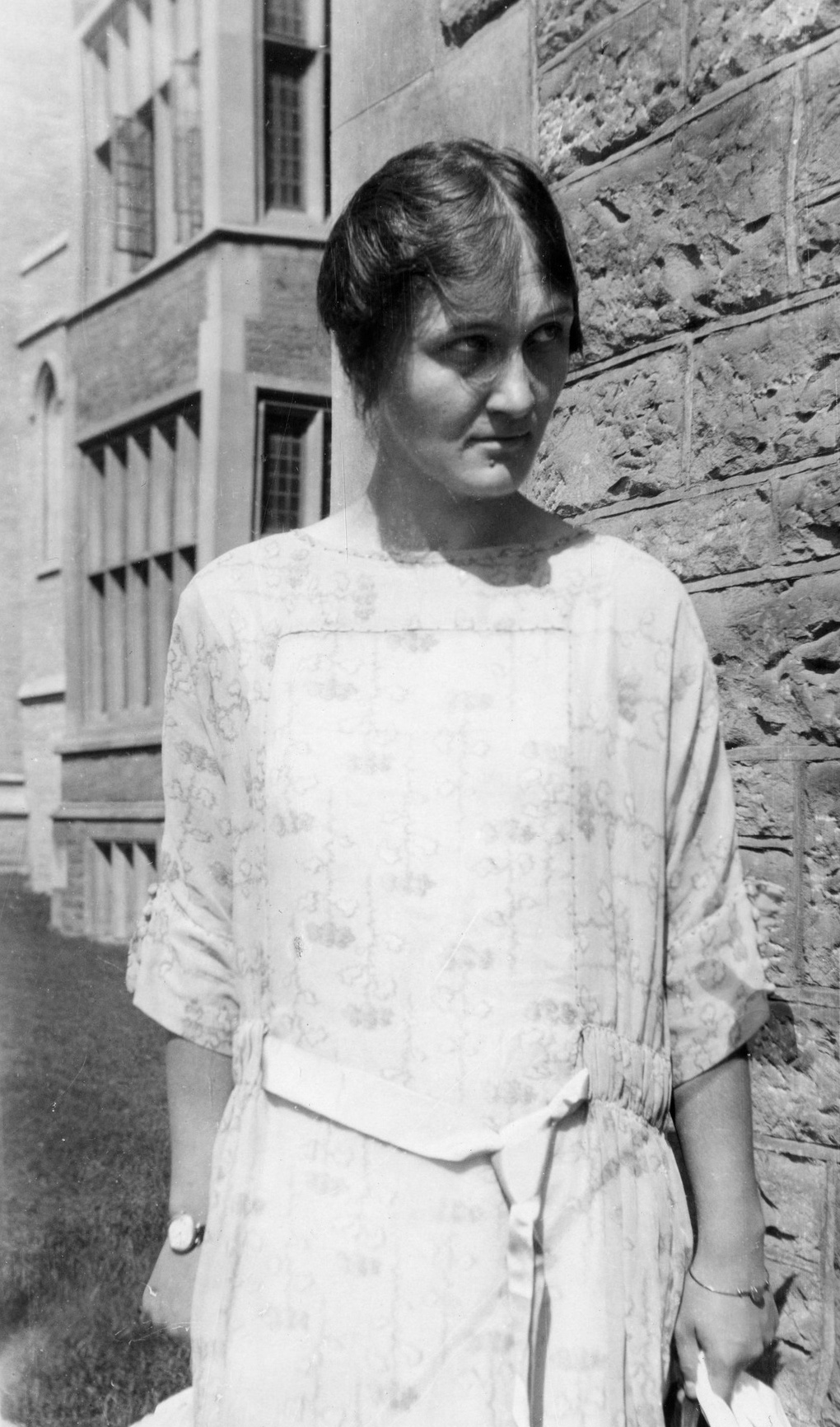

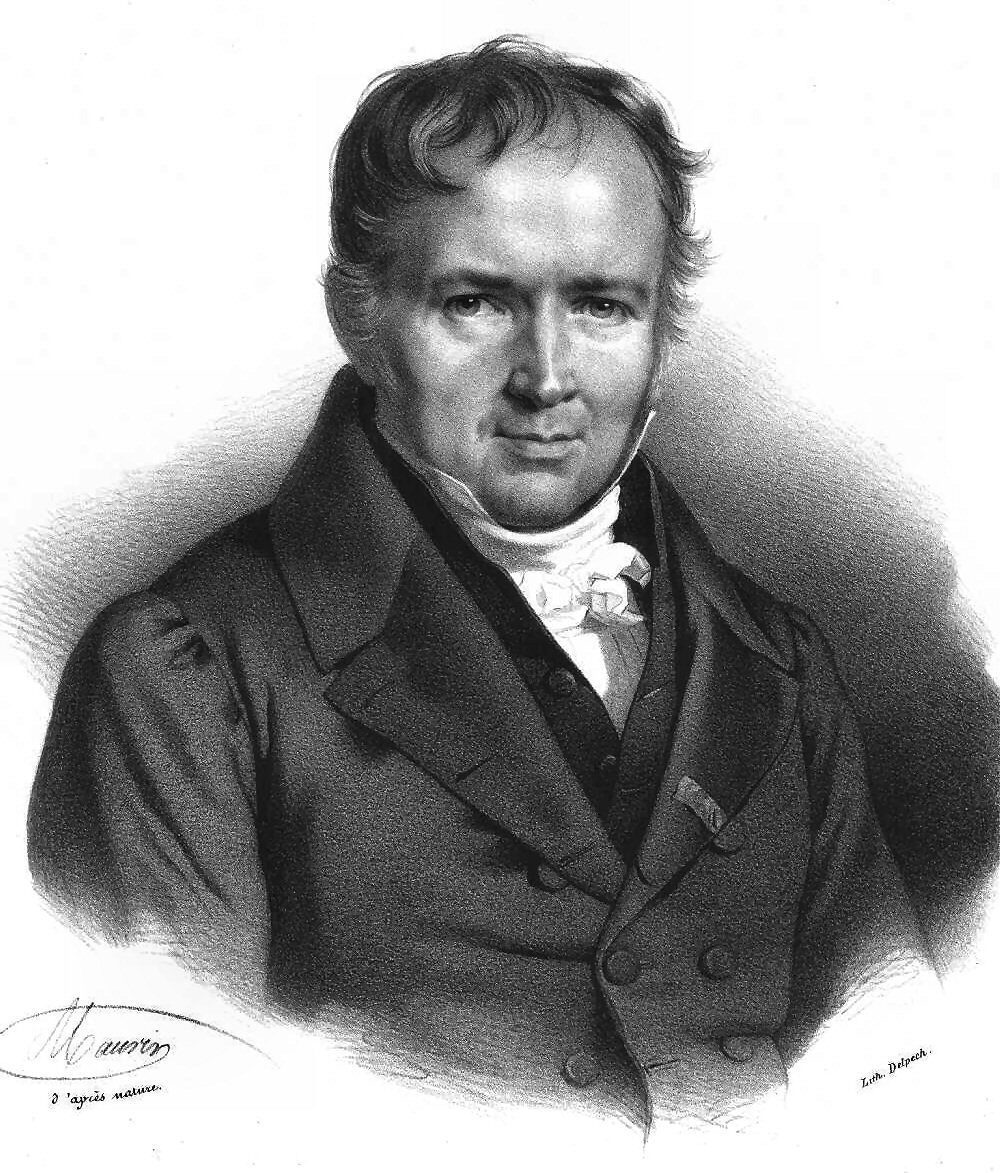

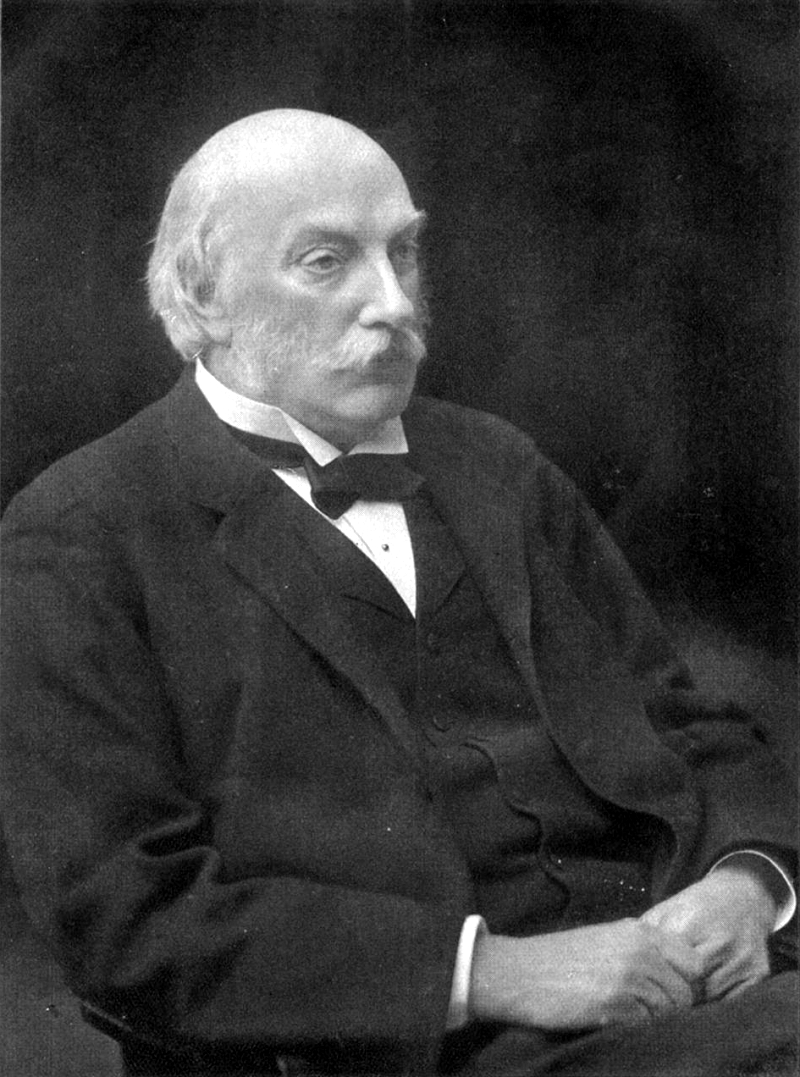


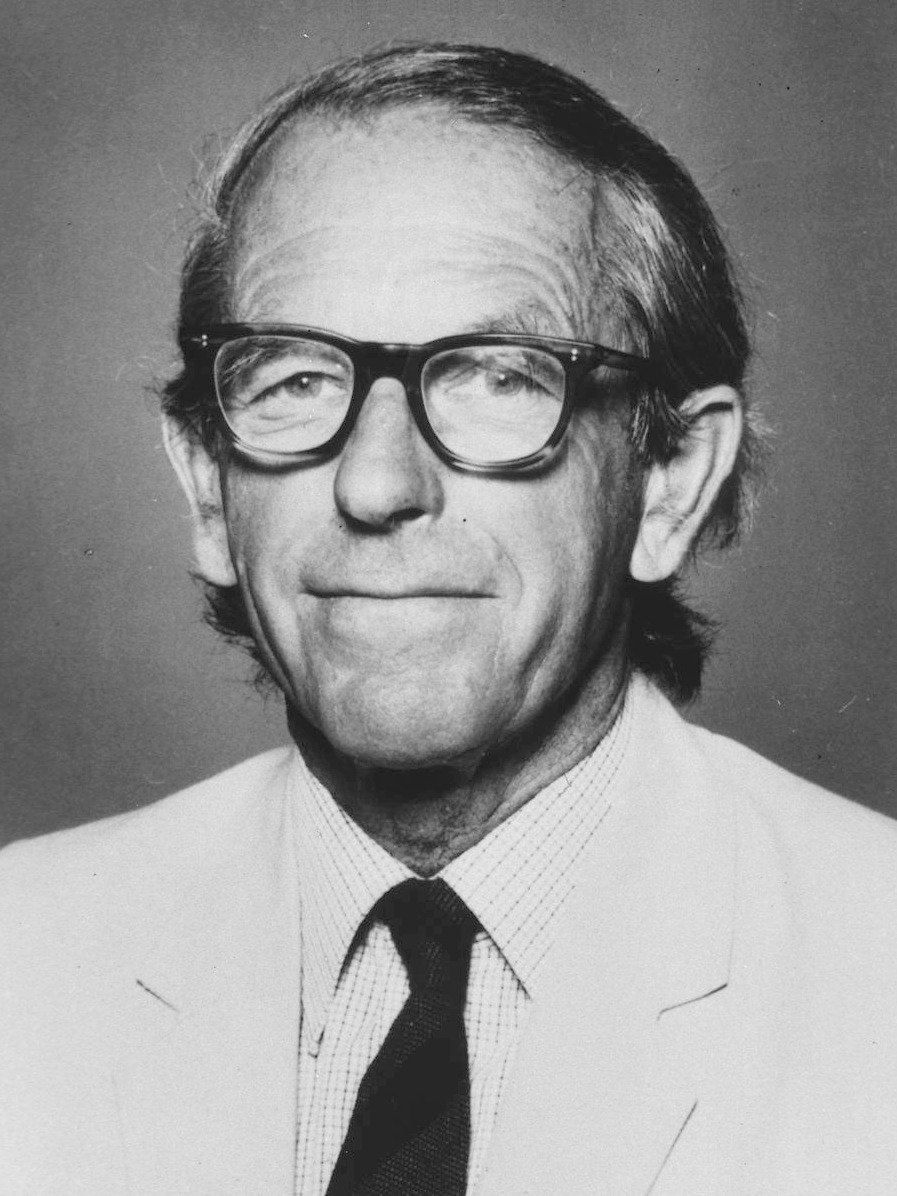
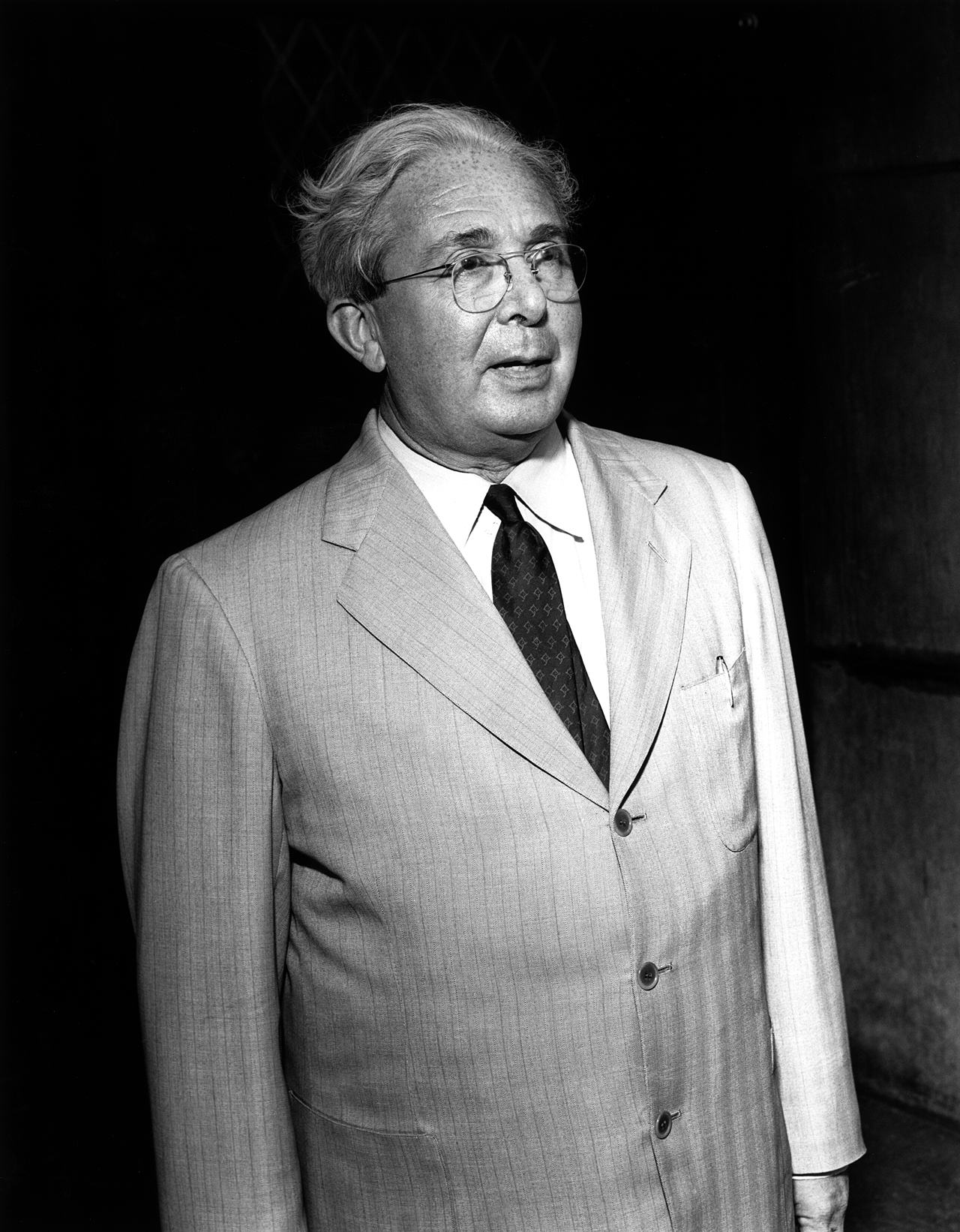






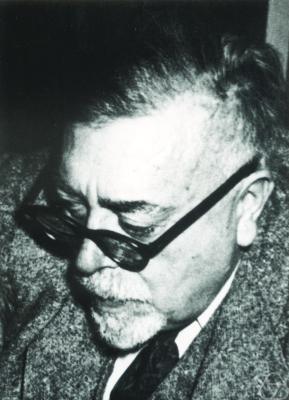

in which he mentions his agnosticism. *
Ghostarchive
and th
Wayback Machine
*
*
"Message from Professor Robert Jastrow" * Edwin Thompson Jaynes (1922–1998): American physicist and statistician. He wrote extensively on statistical mechanics and on foundations of probability and statistical inference. He also pioneered the field of Digital physics. * James Hopwood Jeans (1877–1946): English physicist, astronomer and mathematician. * Jerome Karle (1918–2013): American physical chemist. Jointly with Herbert A. Hauptman, he was awarded the Nobel Prize in Chemistry in 1985, for the direct analysis of crystal structures using X-ray scattering techniques. * August Kekulé (1829–1896): German organic chemist. He was one of the most prominent chemists in Europe, especially in theoretical chemistry. He was the principal founder of the theory of chemical structure. * John Kendrew (1917–1997): English biochemist and crystallography, crystallographer who shared the 1962 Nobel Prize in Chemistry with Max Perutz; their group in the Cavendish Laboratory investigated the structure of heme-containing proteins. * John Maynard Keynes (1883–1946): British economist. His ideas are the basis for the school of thought known as Keynesian economics, as well as its various offshoots. * Michio Kaku (born 1947): American theoretical physicist. * Alfred Kastler (1902–1984): French physicist. He won the Nobel Prize in Physics in 1966. * Joseph-Louis Lagrange (1736–1813): Italian-French mathematician and astronomer. He made significant contributions to all fields of analysis, number theory, and classical and celestial mechanics. * Irving Langmuir (1881–1957): American chemist and physicist. He was awarded the 1932 Nobel Prize in Chemistry for his work in surface chemistry. * Anthony James Leggett (born 1938): English-American physicist. Professor Leggett is widely recognized as a world leader in the theory of Cryogenics, low-temperature physics, and his pioneering work on superfluidity was recognized by the 2003 Nobel Prize in Physics. * Joseph Leidy (1823–1891): American paleontologist. * Mario Livio (born 1945): Israeli-American astrophysicist. * Seth Lloyd (born 1960): American mechanical engineer. He is a professor of mechanical engineering at the Massachusetts Institute of Technology. * James Lovelock (1919–2022): British scientist, environmentalist and futurologist. He is best known for proposing the Gaia hypothesis. * Percival Lowell (1855–1916): American businessman, author, mathematician, and astronomer who fueled speculation that there were canals on Mars, founded the Lowell Observatory in Flagstaff, Arizona, and formed the beginning of the effort that led to the discovery of Pluto 14 years after his death. * Frank Malina (1912–1981): American aeronautical engineer and painter, especially known for becoming both a pioneer in the art world and the realm of scientific engineering. * Rudolph A. Marcus (born 1923): Canadian-born chemist who received the 1992 Nobel Prize in Chemistry for his theory of electron transfer. * Lynn Margulis (1938–2011): American biologist. She is best known for her theory on the origin of eukaryote, eukaryotic organelles, and her contributions to the endosymbiotic theory, which is now generally accepted for how certain organelles were formed. She is also associated with the Gaia hypothesis, based on an idea developed by the English environmental scientist James Lovelock. * Dan McKenzie (geophysicist) (born 1942): British geophysicist. * Simon van der Meer (1925–2011): Dutch particle accelerator physicist who shared the Nobel Prize in Physics in 1984 with Carlo Rubbia for contributions to the CERN project which led to the discovery of the W and Z particles, two of the most fundamental constituents of matter. * Albert Abraham Michelson (1852–1931): American physicist known for his work on the measurement of the speed of light and especially for the Michelson–Morley experiment. In 1907 he received the Nobel Prize in Physics. * Ludwig von Mises (1881–1973): Austrian School, Austrian Economist and Philosopher. He was a prominent figure in the Austrian School of economic thought. * Ludwig Mond (1839–1909): German-born British chemist and industrialist. * Robert S. Mulliken (1896–1986): American physicist and chemist, primarily responsible for the early development of molecular orbital theory, i. e. the elaboration of the molecular orbital method of computing the structure of molecules. Dr. Mulliken received the Nobel Prize for chemistry in 1966. * Nathan Myhrvold (born 1959): American computer scientist, technologist, mathematician, physicist, entrepreneur, nature and wildlife photographer, master chef. * David Nalin (born 1941): American physiologist. Nalin had the key insight that Oral rehydration therapy (ORT) would work if the volume of solution patients drank matched the volume of their fluid losses, and that this would drastically reduce or completely replace the only current treatment for cholera, intravenous therapy. Nalin's discoveries have been estimated to have saved over 50 million lives worldwide. * Fridtjof Nansen (1861–1930): Norwegian explorer, scientist, diplomat, humanitarian and
Agnostics in The Celebrity Atheist List
{{Belief systems Lists of religious skeptics, Agnostics Agnostics,















 Listed here are persons who have identified themselves as theologically agnostic. Also included are individuals who have expressed the view that the
Listed here are persons who have identified themselves as theologically agnostic. Also included are individuals who have expressed the view that the veracity
Veracity may refer to:
* ''Veracity'' (album), a 2008 album by Evacuate Chicago
* Veracity (ethics), an ethical principle
* ''Veracity'' (novel), a 2010 novel by Laura Bynum
* Veracity, an automobile from the early 1900s built by the Smith Autom ...
of a god's existence is unknown
Unknown or The Unknown may refer to:
Film
* The Unknown (1915 comedy film), ''The Unknown'' (1915 comedy film), a silent boxing film
* The Unknown (1915 drama film), ''The Unknown'' (1915 drama film)
* The Unknown (1927 film), ''The Unknown'' (1 ...
or inherently unknowable
Epistemology (; ), or the theory of knowledge, is the branch of philosophy concerned with knowledge. Epistemology is considered a major subfield of philosophy, along with other major subfields such as ethics, logic, and metaphysics.
Episte ...
.
List





































Activists and authors
*Saul Alinsky
Saul David Alinsky (January 30, 1909 – June 12, 1972) was an American community activist and political theorist. His work through the Chicago-based Industrial Areas Foundation helping poor communities organize to press demands upon landlords ...
(1909–1972): American community organizer and writer; ''Rules for Radicals
''Rules for Radicals: A Pragmatic Primer for Realistic Radicals'' is a 1971 book by community activist and writer Saul D. Alinsky about how to successfully run a movement for change. It was the last book written by Alinsky, and it was published ...
''.
* Poul Anderson
Poul William Anderson (November 25, 1926 – July 31, 2001) was an American fantasy and science fiction author who was active from the 1940s until the 21st century. Anderson wrote also historical novels. His awards include seven Hugo Awards and ...
(1926–2001): American science fiction author.
* Piers Anthony
Piers Anthony Dillingham Jacob (born 6 August 1934) is an American author in the science fiction and Fantasy (genre), fantasy genres, publishing under the name Piers Anthony. He is best known for his :Xanth books, long-running novel series set in ...
(born 1934): English-American writer of science fiction and fantasy.
* Susan B. Anthony
Susan B. Anthony (born Susan Anthony; February 15, 1820 – March 13, 1906) was an American social reformer and women's rights activist who played a pivotal role in the women's suffrage movement. Born into a Quaker family committed to s ...
(1820–1906): American civil rights
Civil and political rights are a class of rights that protect individuals' freedom from infringement by governments, social organizations, and private individuals. They ensure one's entitlement to participate in the civil and political life of ...
leader who played a pivotal role in the 19th century women's rights
Women's rights are the rights and entitlements claimed for women and girls worldwide. They formed the basis for the women's rights movement in the 19th century and the feminist movements during the 20th and 21st centuries. In some countries, ...
movement to introduce women's suffrage into the United States; co-founder of the first Women's Temperance Movement with Elizabeth Cady Stanton
Elizabeth Cady Stanton (November 12, 1815 – October 26, 1902) was an American writer and activist who was a leader of the women's rights movement in the U.S. during the mid- to late-19th century. She was the main force behind the 1848 Seneca ...
as President.
* Hannah Arendt
Hannah Arendt (, , ; 14 October 1906 – 4 December 1975) was a political philosopher, author, and Holocaust survivor. She is widely considered to be one of the most influential political theorists of the 20th century.
Arendt was born ...
(1906–1975): German American writer and political theorist.
* Margaret Atwood
Margaret Eleanor Atwood (born November 18, 1939) is a Canadian poet, novelist, literary critic, essayist, teacher, environmental activist, and inventor. Since 1961, she has published 18 books of poetry, 18 novels, 11 books of non-fiction, nin ...
(1939): Canadian poet, novelist, literary critic, essayist, teacher, environmental activist, and inventor.
* Samuel Beckett
Samuel Barclay Beckett (; 13 April 1906 – 22 December 1989) was an Irish novelist, dramatist, short story writer, theatre director, poet, and literary translator. His literary and theatrical work features bleak, impersonal and tragicomic expe ...
(1906–1989): Irish avant-garde
The avant-garde (; In 'advance guard' or ' vanguard', literally 'fore-guard') is a person or work that is experimental, radical, or unorthodox with respect to art, culture, or society.John Picchione, The New Avant-garde in Italy: Theoretical ...
novelist, playwright, theatre director, and poet; awarded the Nobel Prize in Literature
)
, image = Nobel Prize.png
, caption =
, awarded_for = Outstanding contributions in literature
, presenter = Swedish Academy
, holder = Annie Ernaux (2022)
, location = Stockholm, Sweden
, year = 1901
, ...
in 1969.
* Ambrose Bierce
Ambrose Gwinnett Bierce (June 24, 1842 – ) was an American short story writer, journalist, poet, and American Civil War veteran. His book ''The Devil's Dictionary'' was named as one of "The 100 Greatest Masterpieces of American Literature" by t ...
(1842 – c. 1913): American editorialist
Editorialist is a luxury accessories e-commerce website. The website was founded on February 7, 2013 by the two leading accessories editors at ''Elle'', Kate Davidson Hudson and Stefania Allen. It focuses on luxury accessories such as shoes, bags a ...
, journalist, short story writer, fabulist
Fable is a literary genre: a succinct fictional story, in prose or verse, that features animals, legendary creatures, plants, inanimate objects, or forces of nature that are anthropomorphized, and that illustrates or leads to a particular moral ...
and satirist; known for his short story "An Occurrence at Owl Creek Bridge
"An Occurrence at Owl Creek Bridge" (1890) is a short story by the American writer and Civil War veteran Ambrose Bierce. Described as "one of the most famous and frequently anthologized stories in American literature","An Occurrence at Owl Creek ...
" and his satirical lexicon ''The Devil's Dictionary
''The Devil's Dictionary'' is a satire, satirical dictionary written by American journalist Ambrose Bierce, consisting of common words followed by humorous and satirical definitions. The lexicon was written over three decades as a series of insta ...
''.
* Jorge Luis Borges
Jorge Francisco Isidoro Luis Borges Acevedo (; ; 24 August 1899 – 14 June 1986) was an Argentine short-story writer, essayist, poet and translator, as well as a key figure in Spanish-language and international literature. His best-known bo ...
(1899–1986): Argentine
Argentines (mistakenly translated Argentineans in the past; in Spanish (masculine) or (feminine)) are people identified with the country of Argentina. This connection may be residential, legal, historical or cultural. For most Argentines, s ...
writer.
* Henry Cadbury
Henry Joel Cadbury (December 1, 1883 – October 7, 1974) was an American biblical scholar, Quaker historian, writer, and non-profit administrator.
Life
A graduate of Haverford College, Cadbury was a Quaker throughout his life, as well as an ...
(1883–1974): American biblical scholar and Quaker
Quakers are people who belong to a historically Protestant Christian set of Christian denomination, denominations known formally as the Religious Society of Friends. Members of these movements ("theFriends") are generally united by a belie ...
who contributed to the New Revised Standard Version
The New Revised Standard Version (NRSV) is an English translation of the Bible published in 1989 by the National Council of Churches.Thomas Carlyle
Thomas Carlyle (4 December 17955 February 1881) was a Scottish essayist, historian and philosopher. A leading writer of the Victorian era, he exerted a profound influence on 19th-century art, literature and philosophy.
Born in Ecclefechan, Dum ...
(1795–1881): Scottish satirical writer, essayist, historian and teacher during the Victorian era.
* Ariel Dorfman
Vladimiro Ariel Dorfman (born May 6, 1942) is an Argentine-Chilean-American novelist, playwright, essayist, academic, and human rights activist. A citizen of the United States since 2004, he has been a professor of literature and Latin American ...
(born 1942): Argentine/Chilean novelist, playwright, essayist, academic, and human rights activist.
* Arthur Conan Doyle
Sir Arthur Ignatius Conan Doyle (22 May 1859 – 7 July 1930) was a British writer and physician. He created the character Sherlock Holmes in 1887 for ''A Study in Scarlet'', the first of four novels and fifty-six short stories about Ho ...
(1859–1930): Scottish physician and writer; known for his stories about the detective Sherlock Holmes
Sherlock Holmes () is a fictional detective created by British author Arthur Conan Doyle. Referring to himself as a " consulting detective" in the stories, Holmes is known for his proficiency with observation, deduction, forensic science and ...
; a prolific writer whose other works include science fiction stories, plays, romances, poetry, non-fiction and historical novels.
* W.E.B. Du Bois
William Edward Burghardt Du Bois ( ; February 23, 1868 – August 27, 1963) was an American-Ghanaian sociologist, socialist, historian, and Pan-Africanist civil rights activist. Born in Great Barrington, Massachusetts, Du Bois grew up in ...
(1868–1963): American sociologist, historian, civil rights
Civil and political rights are a class of rights that protect individuals' freedom from infringement by governments, social organizations, and private individuals. They ensure one's entitlement to participate in the civil and political life of ...
activist, Pan-Africanist
Pan-Africanism is a worldwide movement that aims to encourage and strengthen bonds of solidarity between all Indigenous and diaspora peoples of African ancestry. Based on a common goal dating back to the Atlantic slave trade, the movement exte ...
, author and editor; co-founder of the National Association for the Advancement of Colored People
The National Association for the Advancement of Colored People (NAACP) is a civil rights organization in the United States, formed in 1909 as an interracial endeavor to advance justice for African Americans by a group including W. E. ...
(NAACP) in 1909.
* Bart D. Ehrman
Bart Denton Ehrman (born 1955) is an American New Testament scholar focusing on textual criticism of the New Testament, the historical Jesus, and the origins and development of early Christianity. He has written and edited 30 books, including t ...
(born 1955): American New Testament
The New Testament grc, Ἡ Καινὴ Διαθήκη, transl. ; la, Novum Testamentum. (NT) is the second division of the Christian biblical canon. It discusses the teachings and person of Jesus, as well as events in first-century Christ ...
scholar and "a happy agnostic".
* Edward FitzGerald (1809–1883): English poet and writer, best known as the poet of the first and most famous English translation of ''The Rubaiyat of Omar Khayyam
''Rubáiyát of Omar Khayyám'' is the title that Edward FitzGerald gave to his 1859 translation from Persian to English of a selection of quatrains (') attributed to Omar Khayyam (1048–1131), dubbed "the Astronomer-Poet of Persia".
Alth ...
''
* Betty Friedan
Betty Friedan ( February 4, 1921 – February 4, 2006) was an American feminist writer and activist. A leading figure in the women's movement in the United States, her 1963 book ''The Feminine Mystique'' is often credited with sparking the se ...
(1921–2006): American writer, activist and feminist
Feminism is a range of socio-political movements and ideologies that aim to define and establish the political, economic, personal, and social equality of the sexes. Feminism incorporates the position that society prioritizes the male po ...
; a leading figure in the women's movement in the United States; her 1963 book, ''The Feminine Mystique
''The Feminine Mystique'' is a book by Betty Friedan, widely credited with sparking second-wave feminism in the United States. First published by W. W. Norton on February 19, 1963, ''The Feminine Mystique'' became a bestseller, initially selling ...
'', is often credited with sparking the "second wave" of American feminism in the 20th century.
* Frederick James Furnivall
Frederick James Furnivall (4 February 1825 – 2 July 1910) was an English philologist, best known as one of the co-creators of the ''New English Dictionary''. He founded a number of learned societies on early English literature and made pione ...
(1825–1910): English second editor of the ''Oxford English Dictionary
The ''Oxford English Dictionary'' (''OED'') is the first and foundational historical dictionary of the English language, published by Oxford University Press (OUP). It traces the historical development of the English language, providing a com ...
''.
* John Galsworthy
John Galsworthy (; 14 August 1867 – 31 January 1933) was an English novelist and playwright. Notable works include ''The Forsyte Saga'' (1906–1921) and its sequels, ''A Modern Comedy'' and ''End of the Chapter''. He won the Nobel Prize i ...
(1867–1933): English novelist and playwright; ''The Forsyte Saga
''The Forsyte Saga'', first published under that title in 1922, is a series of three novels and two interludes published between 1906 and 1921 by the English author John Galsworthy, who won the Nobel Prize in Literature. They chronicle the vici ...
'' (1906–1921) and its sequels, ''A Modern Comedy'' and ''End of the Chapter''; won the Nobel Prize in Literature
)
, image = Nobel Prize.png
, caption =
, awarded_for = Outstanding contributions in literature
, presenter = Swedish Academy
, holder = Annie Ernaux (2022)
, location = Stockholm, Sweden
, year = 1901
, ...
in 1932
* Neil Gaiman
Neil Richard MacKinnon GaimanBorn as Neil Richard Gaiman, with "MacKinnon" added on the occasion of his marriage to Amanda Palmer. ; ( Neil Richard Gaiman; born 10 November 1960) is an English author of short fiction, novels, comic books, gr ...
(born 1960): English author of short fiction, novels, comic books, graphic novel
A graphic novel is a long-form, fictional work of sequential art. The term ''graphic novel'' is often applied broadly, including fiction, non-fiction, and anthologized work, though this practice is highly contested by comic scholars and industry ...
s, audio theatre and films including the comic book series ''The Sandman
The Sandman is a mythical character in European folklore who puts people to sleep and encourages and inspires beautiful dreams by sprinkling magical sand onto their eyes.
Representation in traditional folklore
The Sandman is a traditional charact ...
'' and novels '' Stardust'', ''American Gods
''American Gods'' (2001) is a fantasy novel by British author Neil Gaiman. The novel is a blend of Americana, fantasy, and various strands of ancient and modern mythology, all centering on the mysterious and taciturn Shadow.
The book was pub ...
'', ''Coraline
''Coraline'' () is a dark fantasy horror children's novella by British author Neil Gaiman. Gaiman started writing ''Coraline'' in 1990, and it was published in 2002 by Bloomsbury and HarperCollins. It was awarded the 2003 Hugo Award for Best ...
'', and ''The Graveyard Book
''The Graveyard Book'' is a young adult novel by the English author Neil Gaiman, simultaneously published in Britain and America in 2008. ''The Graveyard Book'' traces the story of the boy Nobody "Bod" Owens who is adopted and reared by the su ...
''.
* Maxim Gorky
Alexei Maximovich Peshkov (russian: link=no, Алексе́й Макси́мович Пешко́в; – 18 June 1936), popularly known as Maxim Gorky (russian: Макси́м Го́рький, link=no), was a Russian writer and social ...
(1868–1936): Russian and Soviet author who brought Socialist Realism
Socialist realism is a style of idealized realistic art that was developed in the Soviet Union and was the official style in that country between 1932 and 1988, as well as in other socialist countries after World War II. Socialist realism is ch ...
to literature.
* Thomas Hardy
Thomas Hardy (2 June 1840 – 11 January 1928) was an English novelist and poet. A Victorian realist in the tradition of George Eliot, he was influenced both in his novels and in his poetry by Romanticism, including the poetry of William Word ...
(1840–1928): English novelist and poet; while his works typically belong to the Naturalism movement, several poems display elements of the previous Romantic and Enlightenment periods of literature, such as his fascination with the supernatural.
* Sadegh Hedayat
Sadegh Hedayat ( fa, صادق هدایت ; 17 February 1903 – 9 April 1951) was an Iranian writer and translator. Best known for his novel '' The Blind Owl'', he was one of the earliest Iranian writers to adopt literary modernism in their care ...
(1903–1951): Iranian author and writer.
* Robert A. Heinlein
Robert Anson Heinlein (; July 7, 1907 – May 8, 1988) was an American science fiction author, aeronautical engineer, and naval officer. Sometimes called the "dean of science fiction writers", he was among the first to emphasize scientific accu ...
(1907–1988): American science fiction writer.
* Joseph Heller
Joseph Heller (May 1, 1923 – December 12, 1999) was an American author of novels, short stories, plays, and screenplays. His best-known work is the 1961 novel ''Catch-22'', a satire on war and bureaucracy, whose title has become a synonym for ...
(1923–1999): American satirical novelist, short story writer, and playwright; ''Catch-22
''Catch-22'' is a satirical war novel by American author Joseph Heller. He began writing it in 1953; the novel was first published in 1961. Often cited as one of the most significant novels of the twentieth century, it uses a distinctive non-chr ...
''.
* Alexander Herzen
Alexander Ivanovich Herzen (russian: Алекса́ндр Ива́нович Ге́рцен, translit=Alexándr Ivánovich Gértsen; ) was a Russian writer and thinker known as the "father of Russian socialism" and one of the main fathers of agra ...
(1812–1870): Russian writer and thinker; the "father of Russian socialism"; one of the main fathers of agrarian populism.
* Aldous Huxley
Aldous Leonard Huxley (26 July 1894 – 22 November 1963) was an English writer and philosopher. He wrote nearly 50 books, both novels and non-fiction works, as well as wide-ranging essays, narratives, and poems.
Born into the prominent Huxley ...
(1894–1963): English writer of novels, such as ''Brave New World
''Brave New World'' is a dystopian novel by English author Aldous Huxley, written in 1931 and published in 1932. Largely set in a futuristic World State, whose citizens are environmentally engineered into an intelligence-based social hierarch ...
'', and wide-ranging essays.
* A.J. Jacobs
Arnold Stephen Jacobs Jr., commonly called A.J. Jacobs (born March 20, 1968) is an American journalist, author, and lecturer best known for writing about his lifestyle experiments. He is an editor at large for '' Esquire'' and has worked for the ...
(born 1968): American author.
* James Joyce
James Augustine Aloysius Joyce (2 February 1882 – 13 January 1941) was an Irish novelist, poet, and literary critic. He contributed to the modernist avant-garde movement and is regarded as one of the most influential and important writers of ...
(1882–1941): Irish novelist and poet, considered to be one of the most influential writers in the modernist
Modernism is both a philosophical and arts movement that arose from broad transformations in Western society during the late 19th and early 20th centuries. The movement reflected a desire for the creation of new forms of art, philosophy, an ...
avant-garde movement
Movement may refer to:
Common uses
* Movement (clockwork), the internal mechanism of a timepiece
* Motion, commonly referred to as movement
Arts, entertainment, and media
Literature
* "Movement" (short story), a short story by Nancy Fu ...
of the early 20th century; best known for his novel ''Ulysses
Ulysses is one form of the Roman name for Odysseus, a hero in ancient Greek literature.
Ulysses may also refer to:
People
* Ulysses (given name), including a list of people with this name
Places in the United States
* Ulysses, Kansas
* Ulysse ...
''." Neither Joyce's agnosticism nor his sexual libertinism were known to his mentors at Belvedere and he remained to the end a Prefect of the Sodality of Mary." Bruce Stewart, ''James Joyce'' (2007), p. 14.
* Franz Kafka
Franz Kafka (3 July 1883 – 3 June 1924) was a German-speaking Bohemian novelist and short-story writer, widely regarded as one of the major figures of 20th-century literature. His work fuses elements of realism and the fantastic. It ...
(1883–1924): Czech-born Jewish writer.
* John Keats
John Keats (31 October 1795 – 23 February 1821) was an English poet of the second generation of Romantic poets, with Lord Byron and Percy Bysshe Shelley. His poems had been in publication for less than four years when he died of tuberculo ...
(1795–1821): English Romantic poet.
* Janusz Korczak
Janusz Korczak, the pen name of Henryk Goldszmit (22 July 1878 or 1879 – 7 August 1942), was a Polish Jewish educator, children's author and pedagogue known as ''Pan Doktor'' ("Mr. Doctor") or ''Stary Doktor'' ("Old Doctor"). After spending ma ...
(1878 or 1879–1942): Polish Jewish educator, children's author and pediatrician
Pediatrics ( also spelled ''paediatrics'' or ''pædiatrics'') is the branch of medicine that involves the medical care of infants, children, adolescents, and young adults. In the United Kingdom, paediatrics covers many of their youth until the ...
. After spending many years working as director of an orphanage in Warsaw, Korczak refused freedom and remained with the orphans as they were sent to Treblinka extermination camp
Treblinka () was an extermination camp, built and operated by Nazi Germany in occupied Poland during World War II. It was in a forest north-east of Warsaw, south of the village of Treblinka in what is now the Masovian Voivodeship. The camp ...
during the Grossaktion Warsaw
The ''Grossaktion'' Warsaw ("Great Action") was the Nazi code name for the deportation and mass murder of Jews from the Warsaw Ghetto during the summer of 1942, beginning on 22 July. During the ''Grossaktion'', Jews were terrorized in daily rou ...
of 1942.
* Stanisław Lem
Stanisław Herman Lem (; 12 September 1921 – 27 March 2006) was a Polish writer of science fiction and essays on various subjects, including philosophy, futurology, and literary criticism. Many of his science fiction stories are of satirical ...
(1921–2006): Polish science fiction novelist and essayist.
* H. P. Lovecraft (1890–1937): American writer of strange fiction and horror.
* Lucretius
Titus Lucretius Carus ( , ; – ) was a Roman poet and philosopher. His only known work is the philosophical poem ''De rerum natura'', a didactic work about the tenets and philosophy of Epicureanism, and which usually is translated into E ...
(99 BC–55 BC): Roman poet and philosopher.
* Bernard Malamud
Bernard Malamud (April 26, 1914 – March 18, 1986) was an American novelist and short story writer. Along with Saul Bellow, Joseph Heller, and Philip Roth, he was one of the best known American Jewish authors of the 20th century. His baseba ...
(1914–1986): American author of novels and short stories; one of the great American Jewish authors of the 20th century.
* H. L. Mencken
Henry Louis Mencken (September 12, 1880 – January 29, 1956) was an American journalist, essayist, satirist, cultural critic, and scholar of American English. He commented widely on the social scene, literature, music, prominent politicians, ...
(1880–1956): German-American journalist, satirist, social critic, cynic and freethinker
Freethought (sometimes spelled free thought) is an epistemological viewpoint which holds that beliefs should not be formed on the basis of authority, tradition, revelation, or dogma, and that beliefs should instead be reached by other methods ...
, known as the "Sage of Baltimore".
* Thomas Mann
Paul Thomas Mann ( , ; ; 6 June 1875 – 12 August 1955) was a German novelist, short story writer, social critic, philanthropist, essayist, and the 1929 Nobel Prize in Literature laureate. His highly symbolic and ironic epic novels and novella ...
(1875–1955): German novelist, short story writer, social critic, philanthropist, essayist, and 1929 Nobel Prize laureate
The Nobel Prizes ( sv, Nobelpriset, no, Nobelprisen) are awarded annually by the Royal Swedish Academy of Sciences, the Swedish Academy, the Karolinska Institutet, and the Norwegian Nobel Committee to individuals and organizations who make out ...
, known for his series of highly symbolic and ironic epic novels and novellas, noted for their insight into the psychology of the artist and the intellectual.
* Vladimir Nabokov
Vladimir Vladimirovich Nabokov (russian: link=no, Владимир Владимирович Набоков ; 2 July 1977), also known by the pen name Vladimir Sirin (), was a Russian-American novelist, poet, translator, and entomologist. Bo ...
(1899–1977): Russian novelist, poet and short story writer; known for his novel ''Lolita
''Lolita'' is a 1955 novel written by Russian-American novelist Vladimir Nabokov. The novel is notable for its controversial subject: the protagonist and unreliable narrator, a middle-aged literature professor under the pseudonym Humbert Humber ...
''.
* Eugene O'Neill
Eugene Gladstone O'Neill (October 16, 1888 – November 27, 1953) was an American playwright and Nobel laureate in literature. His poetically titled plays were among the first to introduce into the U.S. the drama techniques of realism, earlier ...
(1888–1953), American playwright; won the Nobel Prize in Literature
)
, image = Nobel Prize.png
, caption =
, awarded_for = Outstanding contributions in literature
, presenter = Swedish Academy
, holder = Annie Ernaux (2022)
, location = Stockholm, Sweden
, year = 1901
, ...
in 1936.
* Larry Niven
Laurence van Cott Niven (; born April 30, 1938) is an American science fiction writer. His best-known works are ''Ringworld'' (1970), which received Hugo, Locus, Ditmar, and Nebula awards, and, with Jerry Pournelle, ''The Mote in God's Eye'' ...
(born 1938): American science fiction author
This is a list of noted science-fiction authors (in alphabetical order):
A
*Dafydd ab Hugh (born 1960)
*Alexander Abasheli (1884–1954)
*Edwin Abbott Abbott (1838–1926)
*Kōbō Abe (1924–1993)
* Robert Abernathy (1924–1990)
*Dan Abn ...
; ''Ringworld
''Ringworld'' is a 1970 science fiction novel by Larry Niven, set in his Known Space universe and considered a classic of science fiction literature. ''Ringworld'' tells the story of Louis Wu and his companions on a mission to the Ringworld, a ...
'' (1970).
* Fernando Pessoa
Fernando António Nogueira Pessoa (; 13 June 1888 – 30 November 1935) was a Portuguese poet, writer, literary critic, translator, publisher, and philosopher, described as one of the most significant literary figures of the 20th century and ...
(1888–1935): Portuguese poet, writer, literary critic and translator, described as one of the most significant literary figures of the 20th century and one of the greatest poets in Portuguese.
* Marcel Proust
Valentin Louis Georges Eugène Marcel Proust (; ; 10 July 1871 – 18 November 1922) was a French novelist, critic, and essayist who wrote the monumental novel ''In Search of Lost Time'' (''À la recherche du temps perdu''; with the previous Eng ...
(1871–1922): French novelist, critic and essayist, known for his work ''In Search of Lost Time
''In Search of Lost Time'' (french: À la recherche du temps perdu), first translated into English as ''Remembrance of Things Past'', and sometimes referred to in French as ''La Recherche'' (''The Search''), is a novel in seven volumes by French ...
''.
* Philip Pullman
Sir Philip Nicholas Outram Pullman (born 19 October 1946) is an English writer. His books include the fantasy trilogy ''His Dark Materials'' and ''The Good Man Jesus and the Scoundrel Christ'', a fictionalised biography of Jesus. In 2008, ''The ...
(born 1946): English children's author of the trilogy ''His Dark Materials
''His Dark Materials'' is a trilogy of fantasy novels by Philip Pullman consisting of '' Northern Lights'' (1995; published as ''The Golden Compass'' in North America), ''The Subtle Knife'' (1997), and ''The Amber Spyglass'' (2000). It follows ...
''; has said that he is technically an agnostic, though he also calls himself an atheist
Atheism, in the broadest sense, is an absence of belief in the existence of deities. Less broadly, atheism is a rejection of the belief that any deities exist. In an even narrower sense, atheism is specifically the position that there no ...
.
* Alexander Pushkin
Alexander Sergeyevich Pushkin (; rus, links=no, Александр Сергеевич ПушкинIn pre-Revolutionary script, his name was written ., r=Aleksandr Sergeyevich Pushkin, p=ɐlʲɪkˈsandr sʲɪrˈɡʲe(j)ɪvʲɪtɕ ˈpuʂkʲɪn, ...
(1799–1837): Russian author of the Romantic era, considered by many to be the greatest Russian poet and the founder of modern Russian literature
Russian literature refers to the literature of Russia and its émigrés and to Russian language, Russian-language literature. The roots of Russian literature can be traced to the Middle Ages, when epics and chronicles in Old East Slavic were c ...
.
* Edward Said
Edward Wadie Said (; , ; 1 November 1935 – 24 September 2003) was a Palestinian-American professor of literature at Columbia University, a public intellectual, and a founder of the academic field of postcolonial studies.Robert Young, ''White ...
(1935–2003): Palestinian-American
Palestinian Americans ( ar, فلسطينيو أمريكا) are Americans who are of full or partial Palestinians, Palestinian descent. It is unclear when the first Palestinian immigrants arrived in the United States, but it is believed that the ...
literary theorist
A theory is a rational type of abstract thinking about a phenomenon, or the results of such thinking. The process of contemplative and rational thinking is often associated with such processes as observational study or research. Theories may be s ...
and advocate for Palestinian
Palestinians ( ar, الفلسطينيون, ; he, פָלַסְטִינִים, ) or Palestinian people ( ar, الشعب الفلسطيني, label=none, ), also referred to as Palestinian Arabs ( ar, الفلسطينيين العرب, label=non ...
rights; university professor of English and Comparative Literature at Columbia University
Columbia University (also known as Columbia, and officially as Columbia University in the City of New York) is a private research university in New York City. Established in 1754 as King's College on the grounds of Trinity Church in Manhatt ...
; a founding figure in postcolonialism
Postcolonialism is the critical academic study of the cultural, political and economic legacy of colonialism and imperialism, focusing on the impact of human control and exploitation of colonized people and their lands. More specifically, it is a ...
.
* Arthur M. Schlesinger Jr.
Arthur Meier Schlesinger Jr. (; born Arthur Bancroft Schlesinger; October 15, 1917 – February 28, 2007) was an American historian, social critic, and public intellectual. The son of the influential historian Arthur M. Schlesinger Sr. and a spe ...
(1917–2007): American historian and Pulitzer Prize
The Pulitzer Prize () is an award for achievements in newspaper, magazine, online journalism, literature, and musical composition within the United States. It was established in 1917 by provisions in the will of Joseph Pulitzer, who had made h ...
–winning writer.
* Mary Shelley
Mary Wollstonecraft Shelley (; ; 30 August 1797 – 1 February 1851) was an English novelist who wrote the Gothic fiction, Gothic novel ''Frankenstein, Frankenstein; or, The Modern Prometheus'' (1818), which is considered an History of scie ...
(1797–1851): English novelist, short story writer, dramatist, essayist, biographer, and travel writer, best known for her Gothic novel ''Frankenstein
''Frankenstein; or, The Modern Prometheus'' is an 1818 novel written by English author Mary Shelley. ''Frankenstein'' tells the story of Victor Frankenstein, a young scientist who creates a sapient creature in an unorthodox scientific ex ...
'' (1818).
* Edward Snowden
Edward Joseph Snowden (born June 21, 1983) is an American and naturalized Russian former computer intelligence consultant who leaked highly classified information from the National Security Agency (NSA) in 2013, when he was an employee and su ...
(born 1983): American computer specialist, privacy activist and former CIA employee and NSA contractor; disclosed classified details of several top-secret United States and British government mass surveillance programs.
* Elizabeth Cady Stanton
Elizabeth Cady Stanton (November 12, 1815 – October 26, 1902) was an American writer and activist who was a leader of the women's rights movement in the U.S. during the mid- to late-19th century. She was the main force behind the 1848 Seneca ...
(1815–1902): American social activist, abolitionist, and leading figure of the early woman's movement. Her Declaration of Sentiments
The Declaration of Sentiments, also known as the Declaration of Rights and Sentiments, is a document signed in 1848 by 68 women and 32 men—100 out of some 300 attendees at the first women's rights convention to be organized by women. Held in Sen ...
, presented at the Seneca Falls Convention
The Seneca Falls Convention was the first women's rights convention. It advertised itself as "a convention to discuss the social, civil, and religious condition and rights of woman".Wellman, 2004, p. 189 Held in the Wesleyan Methodist Church ...
held in 1848 in Seneca Falls, New York, is often credited with initiating the first organized woman's rights and woman's suffrage
Women's suffrage is the right of women to vote in elections. Beginning in the start of the 18th century, some people sought to change voting laws to allow women to vote. Liberal political parties would go on to grant women the right to vot ...
movements in the United States. Late in life she led the effort to write the '' Woman's Bible'' to correct the injustices she perceived against women in the Bible.
* Olaf Stapledon
William Olaf Stapledon (10 May 1886 – 6 September 1950) – known as Olaf Stapledon – was a British philosopher and author of science fiction.Andy Sawyer, " illiamOlaf Stapledon (1886-1950)", in Bould, Mark, et al, eds. ''Fifty Key Figures ...
(1886–1950): English philosopher and author of several influential works of science fiction.
* John Steinbeck
John Ernst Steinbeck Jr. (; February 27, 1902 – December 20, 1968) was an American writer and the 1962 Nobel Prize in Literature winner "for his realistic and imaginative writings, combining as they do sympathetic humor and keen social ...
(1902–1968): American writer known for novels such as ''The Grapes of Wrath
''The Grapes of Wrath'' is an American realist novel written by John Steinbeck and published in 1939. The book won the National Book Award
and Pulitzer Prize for fiction, and it was cited prominently when Steinbeck was awarded the Nobel Prize ...
'' and '' East of Eden''; won the Nobel Prize in Literature
)
, image = Nobel Prize.png
, caption =
, awarded_for = Outstanding contributions in literature
, presenter = Swedish Academy
, holder = Annie Ernaux (2022)
, location = Stockholm, Sweden
, year = 1901
, ...
in 1962
* Stendhal
Marie-Henri Beyle (; 23 January 1783 – 23 March 1842), better known by his pen name Stendhal (, ; ), was a 19th-century French writer. Best known for the novels ''Le Rouge et le Noir'' (''The Red and the Black'', 1830) and ''La Chartreuse de P ...
(1783–1842) ( a.k.a. Marie-Henri Beyle): French writer.
* Boris Strugatsky
The brothers Arkady Natanovich Strugatsky (russian: Аркадий Натанович Стругацкий; 28 August 1925 – 12 October 1991) and Boris Natanovich Strugatsky ( ru , Борис Натанович Стругацкий; 14 A ...
(1925–2012): Soviet-Russian science fiction author who collaborated with his brother, Arkady Strugatsky, on various works; their novel ''Piknik na obochine'' was translated into English as ''Roadside Picnic
''Roadside Picnic'' (Russian: , ''Piknik na obochine'', ) is a philosophical science fiction novel by Soviet-Russian authors Arkady and Boris Strugatsky, written in 1971 and published in 1972. It is the brothers' most popular and most widely tran ...
'' in 1977 and was filmed by Andrei Tarkovsky
Andrei Arsenyevich Tarkovsky ( rus, Андрей Арсеньевич Тарковский, p=ɐnˈdrʲej ɐrˈsʲenʲjɪvʲɪtɕ tɐrˈkofskʲɪj; 4 April 1932 – 29 December 1986) was a Russian filmmaker. Widely considered one of the greates ...
under the title ''Stalker
Stalking is unwanted and/or repeated surveillance by an individual or group toward another person. Stalking behaviors are interrelated to harassment and intimidation and may include following the victim in person or monitoring them. The term ...
''.
* Charles Templeton
Charles Bradley Templeton (October 7, 1915 – June 7, 2001) was a Canadian media figure and a former Christian evangelist. Known in the 1940s and 1950s as a leading evangelist, he became an agnostic and later embraced atheism after struggl ...
(1915–2001): Canadian evangelist
Evangelist may refer to:
Religion
* Four Evangelists, the authors of the canonical Christian Gospels
* Evangelism, publicly preaching the Gospel with the intention of spreading the teachings of Jesus Christ
* Evangelist (Anglican Church), a c ...
; author of ''A Farewell to God''.
* Thucydides
Thucydides (; grc, , }; BC) was an Athenian historian and general. His ''History of the Peloponnesian War'' recounts the fifth-century BC war between Sparta and Athens until the year 411 BC. Thucydides has been dubbed the father of "scientifi ...
(c. 460–c. 395): Greek historian and author from Alimos Alimos ( el, Άλιμος) is a south district of Athens and a municipality in South Athens regional unit, Greece. It was formed in 1968 comprising two settlements, the suburban seaside town of Kalamaki ( el, Καλαμάκι), and the inland comm ...
. His ''History of the Peloponnesian War'' recounts the 5th-century BC war between Sparta and Athens to the year 411 BC. Thucydides has been dubbed the father of "scientific history", because of his strict standards of evidence-gathering and analysis in terms of cause and effect without reference to intervention by the gods, as outlined in his introduction to his work.
* Ivan Turgenev
Ivan Sergeyevich Turgenev (; rus, links=no, Ива́н Серге́евич Турге́невIn Turgenev's day, his name was written ., p=ɪˈvan sʲɪrˈɡʲe(j)ɪvʲɪtɕ tʊrˈɡʲenʲɪf; 9 November 1818 – 3 September 1883 (Old Style dat ...
(1818–1883): Russian novelist, short story writer and playwright; ''A Sportsman's Sketches
''A Sportsman's Sketches'' (russian: Записки охотника, Zapiski ohotnika; also known as ''A Sportman's Notebook'', ''The Hunting Sketches'' and ''Sketches from a Hunter's Album'') is an 1852 cycle of short stories by Ivan Turgenev. ...
'', '' Fathers and Sons''.
* Mark Twain
Samuel Langhorne Clemens (November 30, 1835 – April 21, 1910), known by his pen name Mark Twain, was an American writer, humorist, entrepreneur, publisher, and lecturer. He was praised as the "greatest humorist the United States has p ...
(1835–1910): American humorist
A humorist (American) or humourist (British spelling) is an intellectual who uses humor, or wit, in writing or public speaking, but is not an artist who seeks only to elicit laughs. Humorists are distinct from comedians, who are show business e ...
, satirist, lecturer and writer, most noted for his novels ''Adventures of Huckleberry Finn'' and ''The Adventures of Tom Sawyer''; has also been identified a deist
Deism ( or ; derived from the Latin '' deus'', meaning "god") is the philosophical position and rationalistic theology that generally rejects revelation as a source of divine knowledge, and asserts that empirical reason and observation ...
.
* Adam Bruno Ulam
Adam Bruno Ulam (8 April 1922 – 28 March 2000) was a Polish American, Polish-American historian of Jewish descent and political scientist at Harvard University. Ulam was one of the world's foremost authorities and top experts in Sovietology an ...
(1922–2000): Polish and American historian and political scientist
Political science is the science, scientific study of politics. It is a social science dealing with systems of governance and power, and the analysis of politics, political activities, political thought, political behavior, and associated c ...
at Harvard University
Harvard University is a private Ivy League research university in Cambridge, Massachusetts. Founded in 1636 as Harvard College and named for its first benefactor, the Puritan clergyman John Harvard, it is the oldest institution of higher le ...
; one of the world's foremost authorities on Russia and the Soviet Union
The Soviet Union,. officially the Union of Soviet Socialist Republics. (USSR),. was a transcontinental country that spanned much of Eurasia from 1922 to 1991. A flagship communist state, it was nominally a federal union of fifteen national ...
, and the author of twenty books and many articles.
* Ibn Warraq
Ibn Warraq is the pen name of an anonymous author critical of Islam. He is the founder of the Institute for the Secularisation of Islamic Society and used to be a senior research fellow at the Center for Inquiry, focusing on Quranic criticis ...
(born 1946): known for his books critical of Islam.
* Hale White
William Hale White (22 December 183114 March 1913), known by his pseudonym Mark Rutherford, was a British writer and civil servant. His obituary in ''The Times'' stated that the "employment of a pseudonym, and sometimes of two (for some of 'Ma ...
(1831–1913): British writer and civil servant.
* Robert Anton Wilson
Robert Anton Wilson (born Robert Edward Wilson; January 18, 1932 – January 11, 2007) was an American author, futurist, psychologist, and self-described agnostic mystic. Recognized within Discordianism as an Episkopos, pope and saint, Wilson ...
(1932–2007): American author and futurologist
Futurists (also known as futurologists, prospectivists, foresight practitioners and horizon scanners) are people whose specialty or interest is futurology or the attempt to systematically explore predictions and possibilities abou ...
* Mary Wollstonecraft
Mary Wollstonecraft (, ; 27 April 1759 – 10 September 1797) was a British writer, philosopher, and advocate of women's rights. Until the late 20th century, Wollstonecraft's life, which encompassed several unconventional personal relationsh ...
(1759–1797): English writer, philosopher, and advocate of women's rights
Women's rights are the rights and entitlements claimed for women and girls worldwide. They formed the basis for the women's rights movement in the 19th century and the feminist movements during the 20th and 21st centuries. In some countries, ...
. During her brief career, she wrote novels, treatises, a travel narrative
The genre of travel literature encompasses outdoor literature, guide books, nature writing, and travel memoirs.
One early travel memoirist in Western literature was Pausanias, a Greek geographer of the 2nd century CE. In the early modern period ...
, a history of the French Revolution
The French Revolution ( ) was a period of radical political and societal change in France that began with the Estates General of 1789 and ended with the formation of the French Consulate in November 1799. Many of its ideas are considere ...
, a conduct book
Conduct books or conduct literature is a genre of books that attempt to educate the reader on social norms and ideals. As a genre, they began in the mid-to-late Middle Ages, although antecedents such as ''The Maxims of Ptahhotep'' (c. 2350 BC) a ...
, and a children's book. Wollstonecraft is best known for ''A Vindication of the Rights of Woman
''A Vindication of the Rights of Woman: with Strictures on Political and Moral Subjects'' (1792), written by British philosopher and women's rights advocate Mary Wollstonecraft (1759–1797), is one of the earliest works of feminist philosoph ...
'' (1792), in which she argues that women are not naturally inferior to men, but appear to be only because they lack education. She suggests that both men and women should be treated as rational beings and imagines a social order founded on reason.
* David Yallop
David Anthony Yallop (27 January 1937 – 23 August 2018) was a British author who wrote chiefly about unsolved crimes. In the 1970s, he contributed scripts for a number of BBC comedy shows. In the same decade he also wrote 10 episodes for the IT ...
(born 1937): English true crime
True crime is a nonfiction literary, podcast, and film genre in which the author examines an actual crime and details the actions of real people associated with and affected by criminal events.
The crimes most commonly include murder; about 40 per ...
author.
* Émile Zola
Émile Édouard Charles Antoine Zola (, also , ; 2 April 184029 September 1902) was a French novelist, journalist, playwright, the best-known practitioner of the literary school of naturalism, and an important contributor to the development of ...
(1840–1902): French writer; prominent figure in the literary school of naturalism; important contributor to the development of theatrical naturalism.
Business
* Leslie Alexander (born 1943): American sports owner, owner of theHouston Rockets
The Houston Rockets are an American professional basketball team based in Houston. The Rockets compete in the National Basketball Association (NBA) as a member team of the league's Western Conference Southwest Division. The team plays its ho ...
* Warren Buffett
Warren Edward Buffett ( ; born August 30, 1930) is an American business magnate, investor, and philanthropist. He is currently the chairman and CEO of Berkshire Hathaway. He is one of the most successful investors in the world and has a net w ...
(born 1930): American investor; identified himself as agnostic in response to Warren Allen Smith
Warren Allen Smith (October 27, 1921 – January 9, 2017) was an American writer, humanist and gay rights activist. A World War II veteran and an outspoken atheist, he dubbed himself as "the atheist in a foxhole".
Biography
From 1942 to 1946, ...
, who had asked him whether he believed in God
* Henry Dunant
Henry Dunant (born Jean-Henri Dunant; 8 May 182830 October 1910), also known as Henri Dunant, was a Swiss humanitarian, businessman, and social activist. He was the visionary, promoter, and co-founder of the Red Cross. In 1901, he received the ...
(1828–1910): Swiss businessman and social activist; founder of International Committee of the Red Cross
The International Committee of the Red Cross (ICRC; french: Comité international de la Croix-Rouge) is a humanitarian organization which is based in Geneva, Switzerland, and it is also a three-time Nobel Prize Laureate. State parties (signato ...
; in 1901 he received the first Nobel Peace Prize
The Nobel Peace Prize is one of the five Nobel Prizes established by the will of Swedish industrialist, inventor and armaments (military weapons and equipment) manufacturer Alfred Nobel, along with the prizes in Nobel Prize in Chemistry, Chemi ...
, together with Frédéric Passy
Frédéric Passy (20 May 182212 June 1912) was a French economist and pacifist who was a founding member of several peace societies and the Inter-Parliamentary Union. He was also an author and politician, sitting in the Chamber of Deputies fro ...
* Elon Musk
Elon Reeve Musk ( ; born June 28, 1971) is a business magnate and investor. He is the founder, CEO and chief engineer of SpaceX; angel investor, CEO and product architect of Tesla, Inc.; owner and CEO of Twitter, Inc.; founder of The Bori ...
(born 1971): South African American
South African Americans are Americans who have full or partial ancestry from South Africa. As of 2012, there were approximately 80,000 people born in South Africa who were living in the United States (according to the OECD). As of 2019, there w ...
inventor and entrepreneur best known for founding SpaceX
Space Exploration Technologies Corp. (SpaceX) is an American spacecraft manufacturer, launcher, and a satellite communications corporation headquartered in Hawthorne, California. It was founded in 2002 by Elon Musk with the stated goal of ...
and co-founding Tesla Motors
Tesla, Inc. ( or ) is an American multinational automotive and clean energy company headquartered in Austin, Texas. Tesla designs and manufactures electric vehicles (electric cars and electric truck, trucks), battery energy storage from ...
and PayPal
PayPal Holdings, Inc. is an American multinational financial technology company operating an online payments system in the majority of countries that support online money transfers, and serves as an electronic alternative to traditional paper ...
(originally X.com)
* Ted Turner
Robert Edward "Ted" Turner III (born November 19, 1938) is an American entrepreneur, television producer, media proprietor, and philanthropist. He founded the Cable News Network (CNN), the first 24-hour United States cable news, cable news ch ...
(born 1938): American founder of Turner Broadcasting System
Turner Broadcasting System, Inc. (alternatively known as Turner Entertainment Networks from 2019 until 2022) was an American television and media conglomerate. Founded by Ted Turner and based in Atlanta, Georgia, it merged with Time Warner (lat ...
, now part of Time Warner
Media and arts
*John Adams
John Adams (October 30, 1735 – July 4, 1826) was an American statesman, attorney, diplomat, writer, and Founding Fathers of the United States, Founding Father who served as the second president of the United States from 1797 to 1801. Befor ...
(born 1947): American composer
* Hideaki Anno
is a Japanese animator, filmmaker and actor. He is best known for creating the anime series ''Neon Genesis Evangelion'' (1995)''.'' His style is defined by his postmodernist approach and the extensive portrayal of characters' thoughts and emotio ...
(born 1960): Japanese animation and film director; known for his work on the popular anime series ''Neon Genesis Evangelion
, also known simply as ''Evangelion'' or ''Eva'', is a Japanese mecha anime television series produced by Gainax and animated by Tatsunoko, directed by Hideaki Anno and broadcast on TV Tokyo from October 1995 to March 1996. ''Evangelion' ...
''
* Simon Baker
Simon Lucas Baker (born 30 July 1969) is an Australian actor in television and film, as well as a director. He is known for his lead roles in the CBS television series ''The Mentalist'' as Patrick Jane and ''The Guardian'' as Nicholas Fallin a ...
(born 1969): Australian television and movie actor
* David Bazan
David Bazan (; born January 22, 1976) is an American indie rock singer-songwriter from Phoenix, Arizona who now resides in Seattle, Washington. Bazan is the lead singer and creative force behind the band Pedro the Lion and was the lead singer o ...
(born 1976): American singer, songwriter, musician and former frontman of Pedro The Lion
Pedro the Lion is an American indie rock band from Seattle, Washington, United States. David Bazan formed the band in 1995 and represented its main creative force, backed by a varying rotation of collaborating musicians. In 2006 Pedro the Lion wa ...
, an indie rock outfit associated with Christian rock
Christian rock is a form of rock music that features lyrics focusing on matters of Christian faith, often with an emphasis on Jesus, typically performed by self-proclaimed Christian individuals. The extent to which their lyrics are explicitly Ch ...
that was controversial among Christians for their language and off-kilter views about religion; his solo career has been focused around his newfound agnosticism.
* Monica Bellucci
Monica Anna Maria Bellucci (; born 30 September 1964) is an Italian actress and model. She began her career as a fashion model, modelling for Dolce & Gabbana and Dior, before making a transition to Italian films and later American and French ...
(born 1964): Italian actress and fashion model
* Tom Bergeron
Thomas Raymond Bergeron (born May 6, 1955) is an American television personality, game show host, comedian and actor, best known for hosting ''Hollywood Squares'' from 1998 to 2004, ''America's Funniest Home Videos'' from 2001 to 2015, and ''Danci ...
(born 1955): American television personality and game show host; host of ''America's Funniest Home Videos
''America's Funniest Home Videos'', also called ''America's Funniest Videos'' (abbreviated as ''AFV''), is an American video clip television series on American Broadcasting Company, ABC, based on the Japanese variety show ''Kato-chan Ken-chan Gok ...
'', ''Hollywood Squares
''Hollywood Squares'' (originally ''The Hollywood Squares'') is an American game show in which two contestants compete in a game of tic-tac-toe to win cash and prizes. The show piloted on NBC in 1965 and the regular series debuted in 1966 on the ...
'' and ''Dancing with the Stars
''Dancing with the Stars'' is the name of various international television series based on the format of the British TV series '' Strictly Come Dancing'', which is distributed by BBC Studios, the commercial arm of the BBC. Currently the forma ...
''Interview with Penn Jillettein which he mentions his agnosticism. *
Ingmar Bergman
Ernst Ingmar Bergman (14 July 1918 – 30 July 2007) was a Swedish film director, screenwriter, Film producer, producer and playwright. Widely considered one of the greatest and most influential filmmakers of all time, his films are known ...
(1918–2007): Swedish director, writer and producer for film, stage and television
* Irving Berlin
Irving Berlin (born Israel Beilin; yi, ישראל ביילין; May 11, 1888 – September 22, 1989) was a Russian-American composer, songwriter and lyricist. His music forms a large part of the Great American Songbook.
Born in Imperial Russi ...
(1888–1989): American composer and lyricist of Jewish heritage, widely considered one of the greatest songwriters in American history
* Hector Berlioz
In Greek mythology, Hector (; grc, Ἕκτωρ, Hektōr, label=none, ) is a character in Homer's Iliad. He was a Trojan prince and the greatest warrior for Troy during the Trojan War. Hector led the Trojans and their allies in the defense o ...
(1803–1869): French Romantic composer
* Gael García Bernal
Gael García Bernal (; born 30 November 1978) is a Mexican actor and producer. He is best known for his performances in the films '' Bad Education'', '' The Motorcycle Diaries'', ''Amores perros'', ''Y tu mamá también'', ''Babel'', '' Coco'', ...
(born 1978): Mexican actor and director; claims to be "culturally Catholic
The Catholic Church, also known as the Roman Catholic Church, is the largest Christian church, with 1.3 billion baptized Catholics worldwide . It is among the world's oldest and largest international institutions, and has played a ...
" and "spiritually agnostic"
* Lewis Black
Lewis Niles Black (born August 30, 1948) is an American stand-up comedian and actor. His comedy routines often escalate into angry rants about history, politics, religion, or any other cultural trends.
He hosted the Comedy Central series ''Lewis ...
(born 1948): American stand-up comedian, author, playwright, social critic and actor
* Johannes Brahms
Johannes Brahms (; 7 May 1833 – 3 April 1897) was a German composer, pianist, and conductor of the mid- Romantic period. Born in Hamburg into a Lutheran family, he spent much of his professional life in Vienna. He is sometimes grouped wit ...
(1833–1897): German composer and pianist
* Georges Brassens
Georges Charles Brassens (; 22 October 1921 – 29 October 1981) was a French singer-songwriter and poet.
As an iconic figure in France, he achieved fame through his elegant songs with their harmonically complex music for voice and guitar and a ...
(1921–1981): French singer-songwriter and poet
* Benjamin Britten
Edward Benjamin Britten, Baron Britten (22 November 1913 – 4 December 1976, aged 63) was an English composer, conductor, and pianist. He was a central figure of 20th-century British music, with a range of works including opera, other ...
(1913–1976): English composer, conductor, and pianist; a central figure of 20th-century British classical music
* Gavin Bryars
Richard Gavin Bryars (; born 16 January 1943) is an English composer and double bassist. He has worked in jazz, free improvisation, minimalism, historicism, avant-garde, and experimental music.
Early life and career
Born on 16 January 1943 in ...
(born 1943): English composer and double bassist
* Rose Byrne
Mary Rose Byrne (born 24 July 1979) is an Australian actress. She made her screen debut in the film ''Dallas Doll'' (1994), and continued to act in Australian film and television throughout the 1990s. She obtained her first leading film role i ...
(born 1979), Australian actress
* Dick Cavett
Richard Alva Cavett (; born November 19, 1936) is an American television personality and former talk show host. He appeared regularly on nationally broadcast television in the United States for five decades, from the 1960s through the 2000s.
In ...
(born 1936): American television talk show host
* Charlie Chaplin
Sir Charles Spencer Chaplin Jr. (16 April 188925 December 1977) was an English comic actor, filmmaker, and composer who rose to fame in the era of silent film. He became a worldwide icon through his screen persona, the Tramp, and is consider ...
(1889–1977): English comic actor, film director and composer best known for his work in the United States during the silent film era
* Aaron Copland
Aaron Copland (, ; November 14, 1900December 2, 1990) was an American composer, composition teacher, writer, and later a conductor of his own and other American music. Copland was referred to by his peers and critics as "the Dean of American Com ...
(1900–1990): American composer
* Salvador Dalí
Salvador Domingo Felipe Jacinto Dalí i Domènech, Marquess of Dalí of Púbol (; ; ; 11 May 190423 January 1989) was a Spanish Surrealism, surrealist artist renowned for his technical skill, precise draftsmanship, and the striking and bizarr ...
(1904–1989): Spanish surrealist painter born in Figueres, Spain. Dalí, a skilled draftsman, became best known for the striking and bizarre images in his surrealist work. His painterly skills are often attributed to the influence of Renaissance masters. His arguably best-known work, ''The Persistence of Memory
''The Persistence of Memory'' (Catalan: ) is a 1931 painting by artist Salvador Dalí and one of the most recognizable works of Surrealism. First shown at the Julien Levy Gallery in 1932, since 1934 the painting has been in the collection of the ...
'', was completed in 1931. Dalí's expansive artistic repertoire included film, sculpture, and photography, in collaboration with a range of artists in a variety of media. He allegedly claimed to be both an agnostic and a Roman Catholic.
* Miles Davis
Miles Dewey Davis III (May 26, 1926September 28, 1991) was an American trumpeter, bandleader, and composer. He is among the most influential and acclaimed figures in the history of jazz and 20th-century music. Davis adopted a variety of music ...
(1926–1991): American trumpeter, bandleader, and composer.
* Daniel Day-Lewis
Sir Daniel Michael Blake Day-Lewis (born 29 April 1957) is an English retired actor. Often described as one of the preeminent actors of his generation, he received numerous accolades throughout his career which spanned over four decades, incl ...
(born 1957): English-Irish actor, three-time Academy Award for Best Actor
The Academy Award for Best Actor is an award presented annually by the Academy of Motion Picture Arts and Sciences (AMPAS). It is given to an actor who has delivered an outstanding performance in a leading role in a film released that year. The ...
winner
* Leonardo DiCaprio (born 1974): American actor
* Ronnie James Dio
Ronald James Padavona (July 10, 1942 – May 16, 2010), known professionally as Ronnie James Dio, was an American heavy metal singer. He fronted and founded numerous bands throughout his career, including Elf, Rainbow, Black Sabbath, Dio and H ...
(1942–2010): American heavy metal singer (Elf
An elf () is a type of humanoid supernatural being in Germanic mythology and folklore. Elves appear especially in North Germanic mythology. They are subsequently mentioned in Snorri Sturluson's Icelandic Prose Edda. He distinguishes "ligh ...
, Rainbow
A rainbow is a meteorological phenomenon that is caused by reflection, refraction and dispersion of light in water droplets resulting in a spectrum of light appearing in the sky. It takes the form of a multicoloured circular arc. Rainbows c ...
, Black Sabbath
Black Sabbath were an English rock music, rock band formed in Birmingham in 1968 by guitarist Tony Iommi, drummer Bill Ward (musician), Bill Ward, bassist Geezer Butler and vocalist Ozzy Osbourne. They are often cited as pioneers of heavy met ...
, Dio, Heaven & Hell)Archived aGhostarchive
and th
Wayback Machine
*
Richard Dreyfuss
Richard Stephen Dreyfuss (; born Dreyfus; October 29, 1947) is an American actor. He is known for starring in popular films during the 1970s, 1980s, and 1990s, including ''American Graffiti'' (1973), ''Jaws'' (1975), ''Close Encounters of the T ...
(born 1947): American actor
* Thomas Eakins
Thomas Cowperthwait Eakins (; July 25, 1844 – June 25, 1916) was an American realist painter, photographer, sculptor, and fine arts educator. He is widely acknowledged to be one of the most important American artists.
For the length ...
(1844–1916): American realist painter, photographer, sculptor, and fine arts educator; widely acknowledged to be one of the most important artists in American art history
* Christopher Eccleston
Christopher Eccleston (; born 16 February 1964) is an English actor. A two-time BAFTA Award nominee, he is best known for his television and film work, which includes his role as the ninth incarnation of the Doctor in the BBC sci-fi series '' ...
(born 1964): English actor
* Zac Efron
Zachary David Alexander Efron (; born October 18, 1987) is an American actor. He began acting professionally in the early 2000s and rose to prominence in the late 2000s for his leading role as Troy Bolton in the ''High School Musical'' trilo ...
(born 1987): American actor, star of movies such as ''High School Musical
''High School Musical'' is a 2006 American musical television film directed by Kenny Ortega and written by Peter Barsocchini. The 63rd Disney Channel Original Movie (DCOM) and first installment of the ''High School Musical'' film series, th ...
'' and '' 17 Again''; was raised agnostic (his paternal grandfather was Jewish)
* Carrie Fisher
Carrie Frances Fisher (October 21, 1956 – December 27, 2016) was an American actress and writer. She played Princess Leia in the ''Star Wars'' films (1977–1983). She reprised the role in'' Star Wars: The Force Awakens'' (2015), ''The Last ...
(1956–2016): American actress, screenwriter and novelist
* Gabriel Fauré
Gabriel Urbain Fauré (; 12 May 1845 – 4 November 1924) was a French composer, organist, pianist and teacher. He was one of the foremost French composers of his generation, and his musical style influenced many 20th-century composers ...
(1845–1924): French composer, organist, pianist and teacher; one of the foremost French composers of his generation; his musical style influenced many 20th-century composers
* Henry Fonda
Henry Jaynes Fonda (May 16, 1905 – August 12, 1982) was an American actor. He had a career that spanned five decades on Broadway and in Hollywood. He cultivated an everyman screen image in several films considered to be classics.
Born and rai ...
(1905–1982): American film and stage actor
* Emilia Fox
Emilia Rose Elizabeth Fox (born 31 July 1974) is an English actress and presenter whose film debut was in Roman Polanski's film '' The Pianist''. Her other films include the Italian–French–British romance-drama film ''The Soul Keeper'' (20 ...
(born 1974): English actress
* William Friedkin
William "Billy" Friedkin (born August 29, 1935)Biskind, p. 200. is an American film and television director, producer and screenwriter closely identified with the "New Hollywood" movement of the 1970s. Beginning his career in documentaries in t ...
(born 1935): American film and television director, producer and screenwriter, known for directing the action thriller film '' The French Connection'' and the supernatural horror film ''The Exorcist
''The Exorcist'' is a 1973 American supernatural horror film directed by William Friedkin and written for the screen by William Peter Blatty, based on his 1971 novel of the same name. It stars Ellen Burstyn, Max von Sydow, Lee J. Cobb, Kitty W ...
''.
* Gilberto Gil
Gilberto Passos Gil Moreira (; born 26 June 1942), is a Brazilian singer-songwriter and politician, known for both his musical innovation and political activism. From 2003 to 2008, he served as Brazil's Minister of Culture in the administration ...
(born 1942): Brazilian singer, guitarist, and songwriter, known for both his musical innovation and political commitment
* Jean-Luc Godard
Jean-Luc Godard ( , ; ; 3 December 193013 September 2022) was a French-Swiss film director, screenwriter, and film critic. He rose to prominence as a pioneer of the French New Wave film movement of the 1960s, alongside such filmmakers as Fran� ...
(1930–2022): French-Swiss film director, screenwriter and film critic
Film criticism is the analysis and evaluation of films and the film medium. In general, film criticism can be divided into two categories: journalistic criticism that appears regularly in newspapers, magazines and other popular mass-media outlets ...
; often identified with the 1960s French film movement ''La Nouvelle Vague'', or " New Wave"
* Matt Groening
Matthew Abram Groening ( ; born February 15, 1954) is an American cartoonist, writer, producer, and animator. He is the creator of the comic strip ''Life in Hell'' (1977–2012) and the television series ''The Simpsons'' (1989–present), ''Fut ...
(born 1954): American creator of animated TV series ''The Simpsons
''The Simpsons'' is an American animated sitcom created by Matt Groening for the Fox Broadcasting Company. The series is a satirical depiction of American life, epitomized by the Simpson family, which consists of Homer, Marge, Bart, Lisa, ...
'' and ''Futurama
''Futurama'' is an American animated science fiction sitcom created by Matt Groening for the Fox Broadcasting Company. The series follows the adventures of the professional slacker Philip J. Fry, who is cryogenically preserved for 1000 years a ...
'', and the comic ''Life in Hell
''Life in Hell'' is a comic strip by Matt Groening, creator of ''The Simpsons'', ''Futurama'', and ''Disenchantment'', which was published weekly from 1977 to 2012. The strip features anthropomorphic rabbits and a gay couple. The comic covers a w ...
''
* Bob Guccione
Robert Charles Joseph Edward Sabatini Guccione ( ; December 17, 1930 – October 20, 2010) was an American photographer and publisher. He founded the adult magazine ''Penthouse'' in 1965. This was aimed at competing with Hugh Hefner's ''Playboy'', ...
(1930–2010): American founder and publisher of ''Penthouse
Penthouse most often refers to:
*Penthouse apartment, a special apartment on the top floor of a building
*Penthouse (magazine), ''Penthouse'' (magazine), a British-founded men's magazine
*Mechanical penthouse, a floor, typically located directly u ...
'' magazine*
Neil Patrick Harris
Neil Patrick Harris (born June 15, 1973) is an American actor, singer, writer, producer, and television host. Primarily known for his comedic television roles and dramatic and musical stage roles, he has received multiple accolades throughout ...
(born 1973): American actor, producer, singer, and director; best known for ''Doogie Howser, M.D.
''Doogie Howser, M.D.'' is an American medical sitcom that ran for four seasons on ABC from September 19, 1989, to March 24, 1993, totaling 97 episodes. Created by Steven Bochco and David E. Kelley, the show stars Neil Patrick Harris in the titl ...
'' and ''How I Met Your Mother
''How I Met Your Mother'' (often abbreviated as ''HIMYM'') is an American sitcom, created by Craig Thomas and Carter Bays for CBS. The series, which aired from September 19, 2005 to March 31, 2014, follows the main character, Ted Mosby, and his ...
''; as a child, belonged to an Episcopal Church with his family, where he sang in choir, but has designated himself as an agnostic on his Myspace
* Hergé
Georges Prosper Remi (; 22 May 1907 – 3 March 1983), known by the pen name Hergé (; ), from the French pronunciation of his reversed initials ''RG'', was a Belgian cartoonist. He is best known for creating ''The Adventures of Tintin'', ...
(1907–1983): Belgian cartoonist; creator of ''The Adventures of Tintin''
* Gustav Holst (1874–1934): English composer, arranger and teacher; best known for his orchestral suite ''The Planets''; composed a large number of works across a range of genres, although none achieved comparable success
* John Humphrys (born 1943): English radio and television presenter who hosted a series of programmes interviewing religious leaders, ''Humphrys in Search of God''
* Leoš Janáček (1854–1928): Czech composer
* Gene Kelly (1912–1996): American dancer, actor, singer, film director and producer, and choreographer
* Myles Kennedy (born 1969): American musician, singer, and songwriter; lead vocalist and guitarist of the rock band Alter Bridge
* Larry King (1933–2021): host of ''Larry King Live''"When we got married, I said, 'Look, since I'm agnostic, I have no right to tell you not to teach them what you believe. But give them an opening.' So if they ever ask me, I'd tell them the same thing I'm telling you: 'I don't buy that God, I don't know if there's an afterlife.'
* Janez Lapajne (born 1967): Slovenian film director, producer, screenwriter, film editor and production designer
* Cloris Leachman (1926–2021): American actress
* Stan Lee (1922–2018) American comic book writer, editor, actor, producer, publisher, television personality; former president and chairman of Marvel Comics
* Lemmy (1945–2015): English rock singer and bass guitarist; founder of the rock band Motörhead
* Joe Lipari also known as J.R. Lipari, (born October 5, 1979) is an American comedian, artist, agnostic minister & yoga teacher.
* James Hetfield (born 1963): American Heavy metal music, heavy metal singer and rhythm guitarist; co-founder of the heavy metal band Metallica
* Annie Lennox (born 1954): Scottish recording artist
* Andrew Lloyd Webber (born 1948): Lloyd Webber views Jesus as "one of the great figures of history" and wrote the rock opera ''Jesus Christ Superstar'' about him. The opera was controversial with conservative Christian groups.
* René Magritte (1898–1967): Belgian surrealist artist
* Gustav Mahler (1860–1911): Austrian Late-Romantic composer and conductor
* Dave Matthews (born 1967): American musician and actor
* Brian May (born 1947): English musician and astrophysicist most widely known as the guitarist, songwriter and occasional singer of the rock band Queen (band), Queen
* Paul McCartney (born 1942): English musician, singer and composer
* David Mitchell (comedian), David Mitchell (born 1974): British actor, comedian and writer
* Edvard Munch (1863–1944): Norwegian Symbolist painter, printmaker and an important forerunner of expressionist art; known for ''The Scream''
* Ernest Newman (1868–1959): English music critic and musicologist
* Conor Oberst (born 1980): American singer-songwriter; fronts the band Bright Eyes (band), Bright Eyes
* Hubert Parry (1848–1918): English composer, teacher and historian of music
* Neil Peart (1952–2020): Canadian drummer and lyricist for progressive rock band Rush; many Rush song lyrics criticize religion and theism
* Sean Penn (born 1960): American actor, twice winner of the Academy Award for Best Actor
The Academy Award for Best Actor is an award presented annually by the Academy of Motion Picture Arts and Sciences (AMPAS). It is given to an actor who has delivered an outstanding performance in a leading role in a film released that year. The ...
* Brendan Perry (born 1959): English singer and multi-instrumentalist best known for his work as the male half of the duo Dead Can Dance with Lisa Gerrard
* Chris Pine (born 1980): American actor
* Brad Pitt (born 1963): American actor; stated that he did not believe in God, and that he was mostly agnostic
* Sidney Poitier (1927–2022): Bahamian American actor, film director, author, and diplomat; his views are closer to deism
* Hugo Riemann (1849–1919): German music theorist and composer
* Joe Rogan (born 1967): American comedian, podcaster, social critic and Ultimate Fighting Championship, UFC color commentator
* Andy Rooney (1919–2011): American broadcast personality; specified that he was an agnostic and ''not'' an atheist, but also called himself an atheist
* Tim Rice (born 1944): Wrote the rock opera ''Jesus Christ Superstar'' about Jesus. The opera was controversial with conservative Christians.
* Larry Sanger (born 1968): American co-founder of Wikipedia.
* Franz Schubert (1797–1828): Austrian composer
* Robert Schumann (1810–1856): German composer and influential music critic; widely regarded as one of the greatest composers of the Romantic era
* Ridley Scott (born 1937): English film director and producer; ''Alien (film), Alien'' (1979), ''Blade Runner''
* Adrienne Shelly (1966–2006): American actor, screenwriter and director
* Rogério Skylab (born 1956): Brazilian singer-songwriter, poet and essayist, notorious for the underground hit "Matador de Passarinho"
* Richard Strauss (1864–1949): German composer of the late Romantic and early modern eras
* Howard Stern (born 1954): American radio personality, television host, author, actor, and photographer
* Sting (musician), Sting (born 1951): English musician and lead singer of The Police
* Matt Stone (born 1971): American co-creator of the cartoon series ''South Park''; considers himself an agnostic Jew (his mother is Jewish), though he has also denied the existence of God
* Osamu Tezuka (1928–1989): Japanese cartoonist, Mangaka, manga artist, animator, movie producer, producer, activist and medical doctor; creator of ''Astro Boy (1960s), Astro Boy'', ''Kimba the White Lion'' and ''Black Jack (manga), Black Jack''; often credited as the "godfather of anime", and is often considered the Japanese equivalent to Walt Disney
* Jhonen Vasquez (born 1974): American comic book writer, and cartoonist; known for the animated series ''Invader Zim''
* Giuseppe Verdi (1813–1901): Italian composer, one of the most influential of the 19th century
* Montel Williams (born 1956): American television host, actor and motivational speaker.
* Ralph Vaughan Williams (1872–1958): British composer. Despite the variety of his works with religious connections, Vaughan Williams was decidedly not a believer. According to his classmate Bertrand Russell, Williams was an atheist while attending Cambridge. According to his widow, he later became an agnostic.
Philosophy
Idealistic agnostics
* Confucius (551 BC–479 BC): Chinese teacher, editor, politician, and philosopher of the Spring and Autumn Period of Chinese history. The philosophy of Confucius emphasized personal and governmental morality, correctness of social relationships, justice and sincerity. His followers competed successfully with many other schools during the Hundred Schools of Thought era only to be suppressed in favor of the Legalists during the Qin Dynasty. Following the victory of Han over Chu after the collapse of Qin, Confucius's thoughts received official sanction and were further developed into a Chinese religious system known as Confucianism. * Immanuel Kant (1724–1804): German philosopher; known for ''Critique of Pure Reason'' * Laozi (born 604 BC): Chinese religious philosopher; author of the ''Tao Te Ching''; this association has led him to be traditionally considered the founder of philosophical religion TaoismUnclassified philosophers-agnostics
* Isaiah Berlin (1909–1997): British social and political theorist, philosopher and historian of ideas of Russian-Jewish origin, thought by many to be the dominant scholar of his generation * Noam Chomsky (born 1928): American linguist, philosopher, political activist, author; lecturer, Institute Professor and professor emeritus of linguistics at the Massachusetts Institute of Technology; credited with the creation of the theory of generative grammar * Democritus (460 BC – 370 BC): Ancient Greek philosopher; influential pre-Socratic philosopher and pupil of Leucippus, who formulated an atomic theory for the cosmos * John Dewey (1859–1952): American philosopher, psychologist and educational reformer; his ideas have been influential in education and social reform * Epicurus (341 BCE–270 BCE): Ancient Greek philosopher and the founder of the school of philosophy called Epicureanism * Fred Edwords (born 1948): longtime Humanist activist; national director of the United Coalition of Reason * James Hall (philosopher), James Hall (born 1933): philosopher; describes himself as an agnostic Episcopal Church in the United States of America, Episcopalian * Sidney Hook (1902–1989): American philosopher of the Pragmaticism, Pragmatist school known for his contributions to the philosophy of history, the philosophy of education, political theory, and ethics * David Hume (1711–1776): Scottish philosopher, historian, economist, and essayist, known especially for his philosophical empiricism and philosophical skepticism, scepticism. He was one of the most important figures in the history of Western philosophy and the Scottish Enlightenment. Hume is often grouped with John Locke, George Berkeley, and a handful of others as a British Empiricism, British Empiricist. * Edmund Husserl (1859–1938): German philosopher and mathematician and the founder of the 20th-century philosophical school of phenomenology * Harold Innis (1894–1952): Canadian political philosopher and professor of political economy at the University of Toronto; author of seminal works on media, communication theory and Canadian economic history * Anthony Kenny (born 1931): president of Royal Institute of Philosophy, wrote in his essay "Why I'm not an atheist" after justifying his agnostic position that "a claim to knowledge needs to be substantiated; ignorance need only be confessed". * Thomas Kuhn (1922–1996): American historian and philosopher of science whose controversial 1962 book ''The Structure of Scientific Revolutions'' was deeply influential in both academic and popular circles, introducing the term "paradigm shift," which has since become an English-language staple * G. E. Moore (1873–1958): English philosopher; one of the founders of the analytic tradition in philosophy * Karl R. Popper (1902–1994): Philosopher of science; promoted falsifiability as a necessary criterion of empirical statements in science * Protagoras (died 420 BCE): Greek Sophist; first major Humanism, Humanist; wrote that the existence of the gods was unknowable * Pyrrho (360 BC – c. 270 BC): Greek philosopher of classical antiquity; credited as being the first Skeptic philosopher and the inspiration for the school known as Pyrrhonism, founded by Aenesidemus in the 1st century BC * Bertrand Russell (1872–1970): British philosopher and mathematician; considered himself a philosophical agnostic, but said that the label "atheist" conveyed a more accurate impression to "the ordinary man in the street" * Michael Schmidt-Salomon (born 1967): German philosopher, author and former editor of ''MIZ'' (''Contemporary Materials and Information: Political magazine for atheists and the irreligious'') Schmidt-Salomon has specified that he is not a "''pure'' atheist, but actually an ''agnostic''." * Herbert Spencer (1820–1903): English philosopher, biologist, sociologist, and prominent classical liberal political theorist of the Victorian era * Theophrastus (c. 371 BC – 287 BC): Greek philosopher; a native of Eresos in Lesbos; the successor to Aristotle in the Peripatetic school. * Ishwar Chandra Vidyasagar (1820–1891): Indian Bengali polymath; a key figure of the Bengal Renaissance * Ludwig Wittgenstein (1889–1951): Austrian-British philosopher who worked primarily in logic, the philosophy of mathematics, the philosophy of mind, and the philosophy of language. He is best known for his philosophical works like the ''Tractatus Logico-Philosophicus'' and ''Philosophical Investigations''.Politics and law
* Norman Angell (1872–1967): English lecturer, journalist, author, and politician; member of parliament for the Labour Party in England; awarded theNobel Peace Prize
The Nobel Peace Prize is one of the five Nobel Prizes established by the will of Swedish industrialist, inventor and armaments (military weapons and equipment) manufacturer Alfred Nobel, along with the prizes in Nobel Prize in Chemistry, Chemi ...
in 1933
* Winston Churchill (1874–1965): politics of the United Kingdom, British politician, Prime Minister of the United Kingdom (1940-1945 and 1951-1955).
* Nick Clegg (born 1967): politics of the United Kingdom, British politician, Leader of the Liberal Democrats (2007-2015), Deputy Prime Minister of the United Kingdom (2010-2015).
* Sajid Javid, (born 1969): politics of the United Kingdom, British politician, Chancellor of the Exchequer (2019-2020).
* Jacinda Ardern (born 1980): New Zealand politician, Prime Minister of New Zealand, 2017-2023.
* Clement Attlee (1883–1967): politics of the United Kingdom, British politician, Prime Minister of the United Kingdom, 1945–1951
* James Callaghan (1912–2005): politics of the United Kingdom, British politician, Prime Minister of the United Kingdom, (1976-1979)
* Harold Wilson (1916–1995): politics of the United Kingdom, British politician, Prime Minister of the United Kingdom, (1964-1970 and 1974-1976)
* Michelle Bachelet (born 1951): Chilean politician, President of Chile, 2006–2010 and 2014–2018
* Gabriel Boric (born 1986): Chilean politician, President of Chile
* Vincent Bugliosi (1934–2015): former Los Angeles County, California, Los Angeles County Deputy District Attorney
* Fernando Henrique Cardoso (born 1931): Brazilian politician, President of Brazil, 1995–2003
* Helen Clark (born 1950): New Zealand politician, Prime Minister of New Zealand, 1999–2008
* John Curtin (1885–1945): 14th Prime Minister of Australia
* Clarence Darrow (1857–1938): American lawyer; defended John T. Scopes' right to teach Darwin's theory of evolution in the famous Tennessee "Monkey Trial"
* Alan Dershowitz (born 1938): American lawyer, jurist and political commentator; author of ''Taking the Stand: My Life in the Law'' (2013)
* Carlos Gaviria Díaz (1937–2015): Colombian politician; said "I am an agnostic, like him Bertrand Russell"
* Willem Drees (1886–1988): politics of the Netherlands, Dutch politician, Prime Minister of the Netherlands, 1948–1958
* Heinz Fischer (born 1938): Austrian politician, President of Austria, 2004–2016
* Eamon Gilmore (born 1955): Irish politician, Tánaiste (Deputy Prime Minister) of the Republic of Ireland
* Boris van der Ham (born 1973): politics of the Netherlands, Dutch politician
* Mariëtte Hamer (born 1958): politics of the Netherlands, Dutch politician
* Bob Hawke (1929–2019): 23rd Prime Minister of Australia, 1983–1991
* François Hollande (born 1954): 24th President of France, 2012–2017
* Billy Hughes (1862–1952): 7th Prime Minister of Australia
* Robert G. Ingersoll (1833–1899): American political leader and orator known as "The Great Agnostic"
* Ivo Josipović (born 1957): Croatian politician and composer; third President of Croatia, 2010–2015
* Bob Kerrey (born 1943): American politician, Governor of Nebraska (1983–1987) and United States Senator from Nebraska (1989–2001)
* Wim Kok (1938–2018): politics of the Netherlands, Dutch politician, Prime Minister of the Netherlands, 1994–2002
* Bruno Kreisky (1911–1990): Austrian Federal Chancellor, 1970–1983
* Aleksander Kwaśniewski (born 1954): President of Poland, 1995–2005
* Ricardo Lagos (born 1938): First declared agnostic to be elected president of Chile
* John Key (born 1961): New Zealand politician, Prime Minister of New Zealand, 2008–2016
* Esther Ouwehand (born 1976): politics of the Netherlands, Dutch politician
* Jan Marijnissen (born 1952): politics of the Netherlands, Dutch politician
* François Mitterrand (1916–1996): President of France, 1981–1995
* Jayaprakash Narayan (Lok Satta) (born 1956): Politician, thinker, and social reformer
* Jawaharlal Nehru (1889–1964): Indian freedom-fighter and the country's first Prime Minister, 1947–1964
* Robert Owen (1771–1858): Welsh social reformer; a founder of utopian socialism and the cooperative movement
* Susan Rice (born 1964): Former United States Ambassador to the United Nations
* George Lincoln Rockwell (1918–1967): Founder of the American Nazi Party
* Siddaramaiah (born 1948): Former Government of Karnataka, Karnataka Deputy chief minister, Deputy CM
* Jens Stoltenberg (born 1959): Former Prime Minister of Norway; current Secretary General of NATO
* Cenk Uygur (born 1970): Turkish American columnist, political commentator, activist, former MSNBC host, co-founder of the American liberal/progressive political and social internet commentary program ''The Young Turks'', founder of Wolf PAC
* Joop den Uyl (1919–1987): politics of the Netherlands, Dutch politician, Prime Minister of the Netherlands, 1973–1977
* Gerdi Verbeet (born 1951): politics of the Netherlands, Dutch politician, List of Presidents of the House of Representatives of the Netherlands, President of the House of Representatives since 2006.
* Geert Wilders (born 1963): politics of the Netherlands, Dutch politician, leader of the Party for Freedom
* Gough Whitlam (1916–2014): Prime Minister of Australia, 1972–1975
* Lee Kuan Yew (1923–2015): Employment lawyer, Prime Minister and Founding Father of Singapore
* Gerrit Zalm (born 1952): politics of the Netherlands, Dutch politician, Deputy Prime Minister of the Netherlands, 2003–2007
* José Luis Rodríguez Zapatero (born 1960): Former Prime Minister of Spain
Science and technology
* Haroon Ahmed (born 1936): British Pakistani scientist in the fields of microelectronics and electrical engineering * Hannes Alfvén (1908–1995): Swedish electrical engineer and plasma physicist; recipient of 1970 Nobel Prize in Physics for his work on magnetohydrodynamics (MHD); known for describing the class of MHD waves now known as Alfvén waves * Ralph Asher Alpher, Ralph Alpher (1921–2007): American cosmologist; known for the seminal paper on Big Bang nucleosynthesis, the Alpher–Bethe–Gamow paper * Michael Atiyah (1929–2015): British-Lebanese mathematician specialising in geometry. He was awarded the Fields Medal in 1966 and the Abel Prize in 2004. * Sir David Attenborough (born 1926): English natural history presenter and anthropologist * Hertha Marks Ayrton (1854–1923): English engineer, mathematician and inventor * John Logie Baird (1888–1946): Scottish engineer and inventor of the world's first practical, publicly demonstrated television system, and of the world's first fully electronic colour television tube * Róbert Bárány (1876–1936): Austro-Hungarian otologist; for his work on the physiology and pathology of the vestibular apparatus of the ear, he received the 1914 Nobel Prize in Physiology or Medicine * John Bardeen (1908–1991): American physicist and electrical engineer; the only person to have won the Nobel Prize in Physics twice: first in 1956 with William Shockley and Walter Houser Brattain, Walter Brattain for the invention of the transistor; and again in 1972 with Leon Cooper, Leon N Cooper and John Robert Schrieffer for a fundamental theory of conventional superconductivity known as the BCS theory * Alexander Graham Bell (1847–1922): Eminent scientist, inventor, engineer and innovator; credited with inventing the first practical telephone * Richard E. Bellman (1920–1984): American applied mathematics, applied mathematician, celebrated for his invention of dynamic programming in 1953, and important contributions in other fields of mathematics * Emile Berliner (1851–1929): German-born American inventor; known for developing the disc record gramophone record, gramophone (phonograph in American English) * Claude Bernard (1813–1878): French physiologist; first to define the term ''milieu intérieur'' (now known as homeostasis, a term coined by Walter Bradford Cannon) * Nicolaas Bloembergen (1920–2017): Dutch-American physicist; shared the 1981 Nobel Prize in Physics with Arthur Leonard Schawlow, Arthur Schawlow and Kai Manne Boerje Siegbahn, Kai Siegbahn for their work in laser spectroscopy * David Bohm (1917–1992): American-born British quantum physicist who contributed to theoretical physics, philosophy of mind, neuropsychology * George Boole (1815–1864): English mathematician and logician; known for developing Boolean algebra; has also been labeled adeist
Deism ( or ; derived from the Latin '' deus'', meaning "god") is the philosophical position and rationalistic theology that generally rejects revelation as a source of divine knowledge, and asserts that empirical reason and observation ...
* Robert Bosch (1861–1942): German industrialist, engineer and inventor, founder of Robert Bosch GmbH
* Jagadish Chandra Bose (1858–1937): Indian polymath: physicist, biologist, botanist, archaeologist, early writer of science fiction; pioneered the investigation of radio and microwave optics, made very significant contributions to plant science, and laid the foundations of experimental science in the Indian subcontinent; invented the crescograph
* Jacob Bronowski (1908–1974): Polish-Jewish British mathematician, biologist, historian of science, theatre author, poet and inventor; presenter and writer of the 1973 BBC television documentary series ''The Ascent of Man'', and the accompanying boo
* Frank Macfarlane Burnet (1899–1985): Australian virologist; known for his contributions to immunology; received the 1960 Nobel Prize in Physiology or Medicine for demonstrating acquired immune tolerance and developing the theory of clonal selection
* Santiago Ramón y Cajal (1852–1934): Spanish pathologist, histologist, neuroscientist; considered by many to be the father of modern neuroscience; won the Nobel Prize in Physiology or Medicine in 1906
* Wallace Carothers (1896–1937): American chemist and inventor; credited with the invention of nylon
* Henry Cavendish (1731–1810): British scientist; noted for his discovery of hydrogen or what he called "inflammable air"; known for the Cavendish experiment, his measurement of the Earth's density, and early research into electricity
* Francis Crick (1916–2004): Nobel Laureate, Nobel-laureate co-discoverer of the structure of DNA; described himself as a skeptic and an agnostic with "a strong inclination towards atheism"
* Marie Curie (1867–1934): Polish physicist and chemist; pioneer in the field of radioactivity; the first to win two Nobel Prizes in two different sciences: the Nobel Prize in Physics in 1903 and the Nobel Prize in Chemistry in 1911
* Heber Doust Curtis (1872–1942): American astronomer; known for his participation in the Great Debate (astronomy), Great Debate with Harlow Shapley on the nature of nebulae and galaxies, and the size of the universe
* Charles Darwin (1809–1882): Founder of the theory of evolution by natural selection; once described himself as being generally agnostic, though he was a member of the Anglican Church and attended General Assembly of Unitarian and Free Christian Churches, Unitarian services
* David Deutsch (born 1953): British physicist at the University of Oxford; pioneered the field of quantum computation by formulating a description for a quantum Turing machine, as well as specifying an algorithm designed to run on a quantum computer
* Paul Dirac (1902–1984): British theoretical physicist; a founder of quantum mechanics; predicted the existence of antimatter; won the Nobel Prize in Physics in 1933
* Eugène Dubois (1858–1940): Dutch paleoanthropologist and geologist; earned worldwide fame for his discovery of Pithecanthropus erectus (later redesignated Homo erectus), or 'Java Man'
* Émile Durkheim (1858–1917): French sociologist; had a Jewish bar mitzvah at thirteen, was briefly interested in Catholicism after a mystical experience, but later became an agnostic
* Freeman Dyson (1923–2020): British-born American theoretical physicist and mathematician, famous for his work in quantum electrodynamics, solid-state physics, astronomy and nuclear engineering
* Albert Einstein (1879–1955): German theoretical physics, theoretical physicist, best known for his theory of relativity and the mass–energy equivalence,
* John Ericsson (1803–1889): Swedish-American inventor and mechanical engineer
* Enrico Fermi (1901–1954): Italian-American physicist; known for his work on the development of the first nuclear reactor, Chicago Pile-1, and for his contributions to the development of Old quantum theory, quantum theory, nuclear and particle physics, and statistical mechanics; awarded the 1938 Nobel Prize in Physics for his work on induced radioactivity
* Edmond H. Fischer (1920–2021): Swiss American biochemist; he and his collaborator Edwin G. Krebs were awarded the Nobel Prize in Physiology or Medicine in 1992 for describing how reversible phosphorylation works as a switch to activate proteins and regulate various cellular processes
* Howard Florey (1898–1968): Australian pharmacologist and pathologist; shared the Nobel Prize in Physiology or Medicine in 1945 with Sir Ernst Boris Chain and Sir Alexander Fleming for his role in the making of penicillin
* Lee de Forest (1863–1961): American inventor with over 180 patents to his credit; invented the Audion; considered to be one of the fathers of the "electronic age", as the Audion helped to usher in the widespread use of electronics; credited with one of the principal inventions that brought sound to motion pictures
* Edward Frankland (1825–1899): British chemist; expert in water quality and analysis; originated the concept of combining power, or valence (chemistry), valence, in chemistry
* Rosalind Franklin (1920–1958): British citizenship, British biophysicist and X-ray crystallography, X-ray crystallographer; made critical contributions to the understanding of the fine molecular structures of DNA, RNA, viruses, coal and graphite
* Jerome I. Friedman (born 1930): American physicist; Institute Professor at the Massachusetts Institute of Technology; in 1968–1969 he conducted experiments with Henry W. Kendall and Richard E. Taylor at the Stanford Linear Accelerator Center which gave the first experimental evidence that protons had an internal structure, later known to be quarks; for this, they shared the 1990 Nobel Prize in Physics
* Milton Friedman (1912–2006): American economist, writer and public intellectual, winner of Nobel Prize in Economics
* William Froude (1810–1879): English engineer, hydrodynamicist and naval architect; first to formulate reliable laws for the resistance that water offers to ships (such as the hull speed equation) and for predicting their stability
* Dennis Gabor (1900–1979): Hungarian-British electrical engineer and inventor; known for his invention of holography and received the 1971 Nobel Prize in Physics
* Francis Galton (1822–1911): English Victorian polymath: anthropologist, eugenicist, tropical explorer, geographer, inventor, meteorologist, proto-geneticist, psychometrician, and statistician; a cousin of Charles Darwin
* Cecilia Payne-Gaposchkin (1900–1979): English-American astronomer who in 1925 was first to show that the Sun is mainly composed of hydrogen, contradicting accepted wisdom at the time
* Roy J. Glauber (1925–2018): American theoretical physicist; awarded one half of the 2005 Nobel Prize in Physics "for his contribution to the quantum theory of Coherence (physics), optical coherence", with the other half shared by John L. Hall and Theodor W. Hänsch
* Camillo Golgi (1843–1926): Italian physician, pathologist, scientist; along with Santiago Ramón y Cajal, he won the 1906 Nobel Prize in Physiology or Medicine for their studies of the structure of the nervous system
* David Gross (born 1941): American particle physicist and string theorist; with Frank Wilczek and David Politzer, he was awarded the 2004 Nobel Prize in Physics for their discovery of asymptotic freedom
* John Gurdon (born 1933): British developmental biologist; known for his pioneering research in Somatic cell nuclear transfer, nuclear transplantation and cloning
* Murray Gell-Mann (1929–2019): American physicist and linguist who received the 1969 Nobel Prize in Physics for his work on the theory of elementary particles
* Stephen Jay Gould (1941–2002): American Paleontology, paleontologist, Evolutionary biologist, History of science, science historian and popular science, popularizer; called himself a "Jewish agnostic"
* Hans Hahn (mathematician), Hans Hahn (1879–1934): Austrian mathematician who made contributions to functional analysis, topology, set theory, the calculus of variations, real analysis, and order theory. His most famous student was Kurt Gödel, whose PhD thesis was completed in 1929.
* Alan Hale (astronomer), Alan Hale (born 1958): American astronomer, known for his co-discovery of the Comet Hale-Bopp.
* William Stewart Halsted (1852–1922): American surgeon who emphasized strict aseptic technique during surgical procedures, was an early champion of newly discovered anesthetics, and introduced several new operations, including the radical mastectomy for breast cancer.
* Theodor W. Hänsch (born 1941): German physicist. He received one fourth of the 2005 Nobel Prize in Physics for "contributions to the development of laser-based precision spectroscopy, including the optical frequency comb technique", sharing the prize with John L. Hall and Roy J. Glauber.
* Friedrich Hayek (1899–1992): Austrian economist and philosopher. Best known for his defense of classical liberalism and free-market capitalism. Along with Gunnar Myrdal, Hayek shared the Nobel Memorial Prize in Economic Sciences in 1974."
* Hermann von Helmholtz (1821–1894): German physician and physicist who made significant contributions to several widely varied areas of modern science. In physiology and psychology, he is known for his mathematics of the eye, Theory of vision, theories of vision, ideas on the visual perception of space, color vision research, and on the sensation of tone, perception of sound, and empiricism. In physics, he is known for his theories on the conservation of energy, work in electrodynamics, chemical thermodynamics, and on a Mechanics, mechanical foundation of thermodynamics. As a philosopher, he is known for his philosophy of science, ideas on the relation between the laws of perception and the Physical law, laws of nature, the science of aesthetics, and ideas on the civilizing power of science.
* Gerhard Herzberg (1904–1999): German pioneering physicist and physical chemist, who won the Nobel Prize for Chemistry in 1971.
* David Hilbert (1862–1943): German mathematician, recognized as one of the most influential and universal mathematicians of the 19th and early 20th centuries.
* Frederick Gowland Hopkins (1861–1947): English biochemist who was awarded the Nobel Prize in Physiology or Medicine in 1929, with Christiaan Eijkman, for the discovery of vitamins. He also discovered the amino acid tryptophan, in 1901. He was appointed President of the Royal Society from 1930 to 1935.
* Gerard 't Hooft (born 1946): Dutch theoretical physicist. He shared the 1999 Nobel Prize in Physics with his thesis advisor Martinus J. G. Veltman "for elucidating the quantum structure of electroweak interactions".
* Fred Hoyle (1915–2001): English astronomer and mathematician.
* Edwin Hubble (1889–1953): American astronomer who played a crucial role in establishing the field of extragalactic astronomy and is generally regarded as the leading observational cosmologist of the 20th century. Hubble generally is known for Hubble's law. He is credited with the discovery of the existence of galaxy, galaxies other than the Milky Way and his galactic red shift discovery that the loss in frequency—the redshift — observed in the Electromagnetic spectrum, spectra of light from other galaxies increased in proportion to a particular galaxy's distance from Earth. This relationship became known as Hubble's law. His findings fundamentally changed the scientific view of the universe.
* Alexander von Humboldt (1769–1859): German naturalist and explorer. His quantitative work on botanical geography laid the foundation for the field of biogeography.
* Andrew Huxley (1917–2012): English physiologist and biophysicist. He (along with Alan Hodgkin) won the 1963 Nobel Prize in Physiology or Medicine for his experimental and mathematical work on the basis of nerve action potentials, the electrical impulses that enable the activity of an organism to be coordinated by a central nervous system.
* Thomas Henry Huxley (1825–1895): English biologist and coiner of the term ''agnosticism''.
* Robert Jastrow (1925–2008): American astronomer, physicist and cosmologist.Leader U."Message from Professor Robert Jastrow" * Edwin Thompson Jaynes (1922–1998): American physicist and statistician. He wrote extensively on statistical mechanics and on foundations of probability and statistical inference. He also pioneered the field of Digital physics. * James Hopwood Jeans (1877–1946): English physicist, astronomer and mathematician. * Jerome Karle (1918–2013): American physical chemist. Jointly with Herbert A. Hauptman, he was awarded the Nobel Prize in Chemistry in 1985, for the direct analysis of crystal structures using X-ray scattering techniques. * August Kekulé (1829–1896): German organic chemist. He was one of the most prominent chemists in Europe, especially in theoretical chemistry. He was the principal founder of the theory of chemical structure. * John Kendrew (1917–1997): English biochemist and crystallography, crystallographer who shared the 1962 Nobel Prize in Chemistry with Max Perutz; their group in the Cavendish Laboratory investigated the structure of heme-containing proteins. * John Maynard Keynes (1883–1946): British economist. His ideas are the basis for the school of thought known as Keynesian economics, as well as its various offshoots. * Michio Kaku (born 1947): American theoretical physicist. * Alfred Kastler (1902–1984): French physicist. He won the Nobel Prize in Physics in 1966. * Joseph-Louis Lagrange (1736–1813): Italian-French mathematician and astronomer. He made significant contributions to all fields of analysis, number theory, and classical and celestial mechanics. * Irving Langmuir (1881–1957): American chemist and physicist. He was awarded the 1932 Nobel Prize in Chemistry for his work in surface chemistry. * Anthony James Leggett (born 1938): English-American physicist. Professor Leggett is widely recognized as a world leader in the theory of Cryogenics, low-temperature physics, and his pioneering work on superfluidity was recognized by the 2003 Nobel Prize in Physics. * Joseph Leidy (1823–1891): American paleontologist. * Mario Livio (born 1945): Israeli-American astrophysicist. * Seth Lloyd (born 1960): American mechanical engineer. He is a professor of mechanical engineering at the Massachusetts Institute of Technology. * James Lovelock (1919–2022): British scientist, environmentalist and futurologist. He is best known for proposing the Gaia hypothesis. * Percival Lowell (1855–1916): American businessman, author, mathematician, and astronomer who fueled speculation that there were canals on Mars, founded the Lowell Observatory in Flagstaff, Arizona, and formed the beginning of the effort that led to the discovery of Pluto 14 years after his death. * Frank Malina (1912–1981): American aeronautical engineer and painter, especially known for becoming both a pioneer in the art world and the realm of scientific engineering. * Rudolph A. Marcus (born 1923): Canadian-born chemist who received the 1992 Nobel Prize in Chemistry for his theory of electron transfer. * Lynn Margulis (1938–2011): American biologist. She is best known for her theory on the origin of eukaryote, eukaryotic organelles, and her contributions to the endosymbiotic theory, which is now generally accepted for how certain organelles were formed. She is also associated with the Gaia hypothesis, based on an idea developed by the English environmental scientist James Lovelock. * Dan McKenzie (geophysicist) (born 1942): British geophysicist. * Simon van der Meer (1925–2011): Dutch particle accelerator physicist who shared the Nobel Prize in Physics in 1984 with Carlo Rubbia for contributions to the CERN project which led to the discovery of the W and Z particles, two of the most fundamental constituents of matter. * Albert Abraham Michelson (1852–1931): American physicist known for his work on the measurement of the speed of light and especially for the Michelson–Morley experiment. In 1907 he received the Nobel Prize in Physics. * Ludwig von Mises (1881–1973): Austrian School, Austrian Economist and Philosopher. He was a prominent figure in the Austrian School of economic thought. * Ludwig Mond (1839–1909): German-born British chemist and industrialist. * Robert S. Mulliken (1896–1986): American physicist and chemist, primarily responsible for the early development of molecular orbital theory, i. e. the elaboration of the molecular orbital method of computing the structure of molecules. Dr. Mulliken received the Nobel Prize for chemistry in 1966. * Nathan Myhrvold (born 1959): American computer scientist, technologist, mathematician, physicist, entrepreneur, nature and wildlife photographer, master chef. * David Nalin (born 1941): American physiologist. Nalin had the key insight that Oral rehydration therapy (ORT) would work if the volume of solution patients drank matched the volume of their fluid losses, and that this would drastically reduce or completely replace the only current treatment for cholera, intravenous therapy. Nalin's discoveries have been estimated to have saved over 50 million lives worldwide. * Fridtjof Nansen (1861–1930): Norwegian explorer, scientist, diplomat, humanitarian and
Nobel Peace Prize
The Nobel Peace Prize is one of the five Nobel Prizes established by the will of Swedish industrialist, inventor and armaments (military weapons and equipment) manufacturer Alfred Nobel, along with the prizes in Nobel Prize in Chemistry, Chemi ...
laureate. In 1922, he was awarded the Nobel Peace Prize
The Nobel Peace Prize is one of the five Nobel Prizes established by the will of Swedish industrialist, inventor and armaments (military weapons and equipment) manufacturer Alfred Nobel, along with the prizes in Nobel Prize in Chemistry, Chemi ...
for his work on behalf of the displaced victims of the First World War and related conflicts.
* Erwin Neher (born 1944): German biophysics, biophysicist. Along with Bert Sakmann, he was awarded the Nobel Prize in Physiology or Medicine in 1991.
* Ronald George Wreyford Norrish (1897–1978): British chemist. As a result of the development of flash photolysis, he was awarded the Nobel Prize in Chemistry in 1967 along with Manfred Eigen and George Porter for their study of extremely fast chemical reactions.
* Robert Noyce (1927–1990): American physicist, businessman, and inventor. He co-founded Fairchild Semiconductor in 1957 and Intel Corporation in 1968. He is also credited (along with Jack Kilby) with the invention of the integrated circuit or microchip which fueled the personal computer revolution.
* Sherwin B. Nuland (1930–2014): American surgeon and author of How We Die.
* Paul Nurse (born 1949): 2001 Nobel Laureate in Physiology or Medicine, called himself an atheist, but specified that "sceptical agnostic" was a more "philosophically correct" term.
* Bill Nye (born 1955): American science educator, comedian, television host, actor, mechanical engineer and scientist. Popularly known as "Bill Nye the Science Guy".
* George Olah (1927–2017): 1994 Nobel Laureate in Chemistry, discoverer of superacids,
* Mark Oliphant (1901–2000): Australian physicist and humanitarian. He played a fundamental role in the first experimental demonstration of nuclear fusion and also the development of the atomic bomb.
* Karl Pearson (1857–1936): English mathematician who has been credited for establishing the discipline of mathematical statistics.
* Saul Perlmutter (born 1959): American astrophysicist. He shared both the 2006 Shaw Prize in Astronomy and the 2011 Nobel Prize in Physics with Brian P. Schmidt and Adam Riess for providing evidence that the expansion of the universe is accelerating.
* Henri Poincaré (1854–1912): French mathematician, theoretical physicist, engineer, and a philosophy of science, philosopher of science. He is often described as a polymath, and in mathematics as ''The Last Universalist'', since he excelled in all fields of the discipline as it existed during his lifetime.
* Siméon Denis Poisson (1781–1840): French mathematician, geometer, and physicist.
* George Pólya (1888–1985): Hungarian Jewish mathematician. He was a professor of mathematics from 1914 to 1940 at ETH Zürich and from 1940 to 1953 at Stanford University. He made fundamental contributions to combinatorics, number theory, numerical analysis and probability theory. He is also noted for his work in heuristics and mathematics education.
* Carolyn Porco (born 1953): American planetary scientist. She is best known for her work in the exploration of the outer Solar System, beginning with her imaging work on the Voyager missions to Jupiter, Saturn, Uranus and Neptune in the 1980s.
* Vladimir Prelog (1906–1998): Croatian organic chemist. He won the Nobel Prize in Chemistry in 1975.
* Vilayanur S. Ramachandran (born 1951): Indian-American neuroscientist. Best known for his work in the fields of behavioral neurology and visual psychophysics.
* C. V. Raman (1888–1970): Indian physicist whose work was influential in the growth of science in India. He was the recipient of the Nobel Prize for Physics in 1930 for the discovery that when light traverses a transparent material, some of the light that is deflected changes in wavelength. This phenomenon is now called Raman scattering and is the result of the Raman effect.
* Lisa Randall (born 1962): American theoretical physicist and a student of particle physics and cosmology. She works on several of the competing models of string theory in the quest to explain the fabric of the universe. Her best known contribution to the field is the Randall–Sundrum model, first published in 1999 with Raman Sundrum.
* John Strutt, 3rd Baron Rayleigh (1842–1919): English physicist who, with William Ramsay, discovered the element argon, an achievement for which he earned the Nobel Prize for Physics in 1904. He also discovered the phenomenon now called Rayleigh scattering, explaining why the sky is blue, and predicted the existence of the surface waves now known as Rayleigh waves. Rayleigh's textbook,'' The Theory of Sound'', is still referred to by acoustic engineers today.
* Grote Reber (1911–2002): American amateur astronomer and pioneer of radio astronomy. He was instrumental in investigating and extending Karl Jansky's pioneering work, and conducted the first sky survey in the radio frequencies. His 1937 radio antenna was the second ever to be used for astronomical purposes and the first parabolic reflecting antenna to be used as a "radio telescope".
* Robert Coleman Richardson (1937–2013): American experimental physicist. He, along with David Lee (physicist), David Lee, as senior researchers, and then graduate student Douglas Osheroff, shared the 1996 Nobel Prize in Physics for their 1972 discovery of the property of superfluidity in helium-3 atoms in the Cornell University Laboratory of Atomic and Solid State Physics.
* Charles Richet (1850–1935): French physiologist, won the 1913 Nobel Prize in Physiology or Medicine for his work on anaphylaxis.
* Isaac Roberts (1829–1904): Welsh engineer and business man best known for his work as an amateur astronomer, pioneering the field of astrophotography of nebulae.
* Richard J. Roberts (born 1943): British biochemist and molecular biology, molecular biologist. He was awarded the 1993 Nobel Prize in Physiology or Medicine with Phillip Allen Sharp for the discovery of introns in eukaryote, eukaryotic DNA and the mechanism of gene-splicing.
* Józef Rotblat (1908–2005): Polish-British physicist. Along with the Pugwash Conferences on Science and World Affairs, he received the Nobel Peace Prize in 1995.
* Carl Sagan (1934–1996): Astronomer and skeptic.
* Frederick Sanger (1918–2013): English biochemist and a two-time Nobel Laureate in Chemistry.. This interview, which took place on 16 September 1997, was republished in:
* Nicholas Saunderson (1682–1739): English scientist and mathematician.
* Peter Schuster (born 1941): Professor of Theoretical Chemistry at the University of Vienna.
* Harlow Shapley (1885–1972): American astronomer. Best known for determining the correct position of the Sun within the Milky Way galaxy.
* Charles Scott Sherrington (1857–1952): English neurophysiologist, histologist, bacteriologist, and pathologist. He, along with Edgar Adrian, won the 1932 Nobel Prize in Physiology or Medicine.
* George Gaylord Simpson (1902–1984): American paleontologist. He is considered to be one of the most influential paleontologist of the 20th century, and a major participant in the modern synthesis (20th century), modern evolutionary synthesis.
* Jens C. Skou (1918–2018): Danish chemist. In 1997 he received the Nobel Prize in Chemistry (together with Paul D. Boyer and John E. Walker) for his discovery of Na+/K+-ATPase, Na+, K+-ATPase.
* Homer W. Smith, Homer Smith (1895–1962): American physiologist. His research work focused on the kidney and he discovered inulin at the same time as A.N. Richards.
* William Smith (geologist) (1769–1839): English geologist, credited with creating the first nationwide geological map. He is known as the "Father of English Geology" for collating the geological history of England and Wales into a single record, although recognition was very slow in coming.
* George Smoot (born 1945): American astrophysics, astrophysicist, cosmology, cosmologist, Nobel laureate, and $1 million TV quiz show prize winner (''Are You Smarter Than a 5th Grader? (U.S. game show), Are You Smarter Than a 5th Grader?''). He won the Nobel Prize in Physics in 2006 for his work on the Cosmic Background Explorer with John C. Mather that led to the measurement "of the black body form and anisotropy of the cosmic microwave background radiation."
* Charles Proteus Steinmetz (1865–1923): German-American mathematician and electrical engineer.
* Piero Sraffa (1898–1983): Influential Italian economist whose book ''Production of Commodities by Means of Commodities'' is taken as founding the Neo-Ricardian school of Economics.
* Albert Szent-Györgyi (1893–1986): Hungarian physiologist who won the Nobel Prize in Physiology or Medicine in 1937. He is credited with discovering vitamin C and the components and reactions of the citric acid cycle.
* Leo Szilard (1898–1964): Austro-Hungarian physicist and inventor.
* Igor Tamm (1895–1971): Soviet physicist who received the 1958 Nobel Prize in Physics, jointly with Pavel Alekseyevich Cherenkov and Ilya Frank, for their 1934 discovery of Cherenkov radiation.
* Edward Teller (1908–2003): Hungarian American, Hungarian-American theoretical physics, theoretical physicist, known colloquially as "the father of the hydrogen bomb". Teller made numerous contributions to nuclear physics, nuclear and molecular physics, spectroscopy (the Jahn–Teller effect, Jahn–Teller and Renner–Teller effect, Renner–Teller effects), and Surface (topology), surface physics.
* Thorvald N. Thiele (1838–1910): Danish astronomer, actuary and mathematician, most notable for his work in statistics, interpolation and the three-body problem. He was the first to propose a mathematical theory of Brownian motion. Thiele introduced the cumulants and (in Danish) the likelihood function; these contributions were not credited to Thiele by Ronald A. Fisher, who nevertheless named Thiele to his (short) list of the greatest statisticians of all time on the strength of Thiele's other contributions.
* E. Donnall Thomas (1920–2012): American physician, professor emeritus at the University of Washington, and director emeritus of the clinical research division at the Fred Hutchinson Cancer Research Center. In 1990 he shared the Nobel Prize in Physiology or Medicine with Joseph Murray, Joseph E. Murray for the development of cell and organ transplantation. Thomas developed bone marrow stem cell transplantation, transplantation as a treatment for leukemia.
* John Tyndall (1820–1893): Prominent 19th century experimental physicist. Known for producing a number of discoveries about processes in the atmosphere.
* Neil deGrasse Tyson (born 1958): American astrophysicist, science communicator, the Frederick P. Rose Director of the Hayden Planetarium at the Rose Center for Earth and Space, and a Research Associate in the Department of Astrophysics at the American Museum of Natural History.
* Stanislaw Ulam (1909–1984): Polish-Jewish mathematician. He participated in America's Manhattan Project, originated the Teller–Ulam design of thermonuclear weapons, invented the Monte Carlo method of computation, and suggested nuclear pulse propulsion.
* Martinus J. G. Veltman (1931–2021): Dutch theoretical physicist. He shared the 1999 Nobel Prize in Physics with his former student Gerardus 't Hooft for their work on particle theory.
* Rudolf Virchow (1821–1902): German doctor, anthropologist, pathologist, prehistorian, biologist and politician. Referred to as "the father of modern pathology", he is considered one of the founders of social medicine.
* John von Neumann (1903–1957): Hungarian-American mathematician and polymath who made major contributions to a vast number of fields, including set theory, functional analysis, quantum mechanics, ergodic theory, geometry, fluid dynamics, economics, linear programming, game theory, computer science, numerical analysis, hydrodynamics, and statistics, as well as many other mathematical fields. It is indicated that he was an "agnostic Catholic" due to his agreement with Pascal's Wager.
* Alfred Russel Wallace (1823–1913): British naturalist, explorer, geographer, anthropologist and biologist. He is best known for independently proposing a theory of evolution due to natural selection that prompted Charles Darwin to publish his own theory.
* André Weil (1906–1998): French mathematician. He is especially known for his foundational work in number theory and algebraic geometry.
* Walter Frank Raphael Weldon (1860–1906): English evolutionary biologist and a founder of biometry. He was the joint founding editor of Biometrika, with Francis Galton and Karl Pearson.
* Norbert Wiener (1894–1964): American mathematician and child prodigy. He is regarded as the originator of cybernetics.
* Eugene Wigner (1902–1995): Hungarian American theoretical physicist and mathematician. He received a share of the Nobel Prize in Physics in 1963 "for his contributions to the theory of the atomic nucleus and the elementary particles, particularly through the discovery and application of fundamental symmetry principles"; the other half of the award was shared between Maria Goeppert-Mayer and J. Hans D. Jensen. Wigner is important for having laid the foundation for the theory of symmetry in physics, symmetries in quantum mechanics as well as for his research into the structure of the atomic nucleus. It was Eugene Wigner who first identified Xe-135 "poisoning" in nuclear reactors, and for this reason it is sometimes referred to as ''Wigner poisoning''. Wigner is also important for his work in pure mathematics, having authored a number of mathematical theorem, theorems.
* Frank Wilczek (born 1951): American theoretical physicist. Along with David J. Gross and Hugh David Politzer, won the Nobel Prize in Physics in 2004.
* Steve Wozniak (born 1950): Co-founder of Apple Computer and inventor of the Apple I and Apple II.
* Chen Ning Yang (born 1922): Chinese-born American physicist who works on statistical mechanics and particle physics. He and Tsung-dao Lee received the 1957 Nobel Prize in Physics for their work on parity nonconservation of weak interaction.
* Hubert Yockey (1916–2016): American physicist and information theorist.
* Hans Zinsser (1878–1940): American bacteriologist and a prolific author. He is known for his work in isolating the typhus bacterium and developing a protective vaccine.
Celebrities and athletes
* Stone Cold Steve Austin, Steve Austin (born 1964): American professional wrestler. * Kristy Hawkins (born 1980): American IFBB professional bodybuilder and scientist. * Edmund Hillary (1919–2008): New Zealand mountaineer, explorer and philanthropist. He along with Tenzing Norgay became the first climbers confirmed as having reached the summit of Mount Everest. * Pat Tillman (1976–2004): American professional football player and U.S. Army veteran.Krakauer, Jon ''Where Men Win Glory'', Doubleday, 2009, pp. 116 and 314. "Tillman was an agnostic, perhaps even an atheist". See also quotes from Tillman's brother Kevin. * Rafael Nadal (born 1986): Spanish professional tennis player. * Rob Van Dam (born 1970): American professional wrestler, winner of three separate major promotion world championships. * Mike Mentzer (1951–2001): American IFBB Professional bodybuilder, businessman, philosopher and author.See also
* Lists of atheists * List of secular humanists * Lists of lists of people by beliefNotes
External links
Agnostics in The Celebrity Atheist List
{{Belief systems Lists of religious skeptics, Agnostics Agnostics,